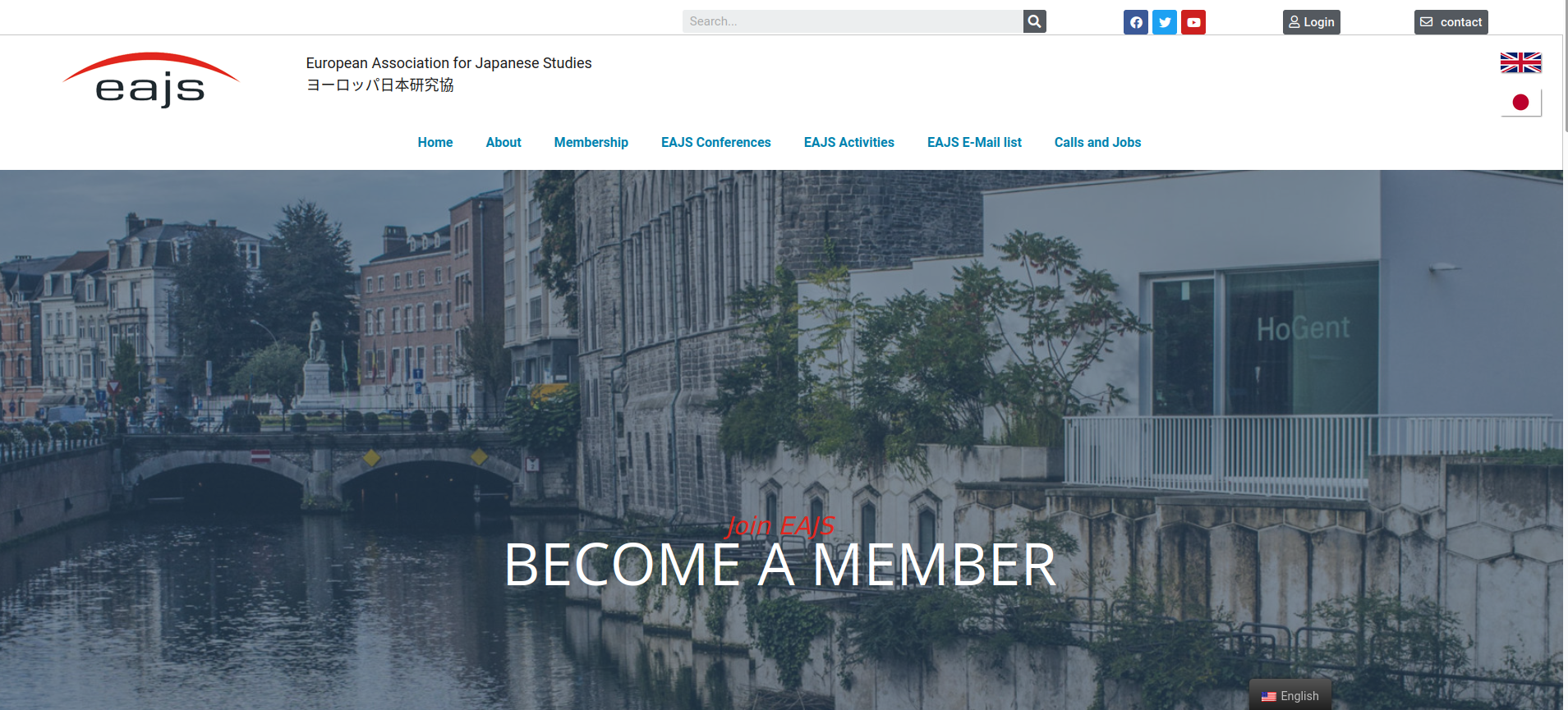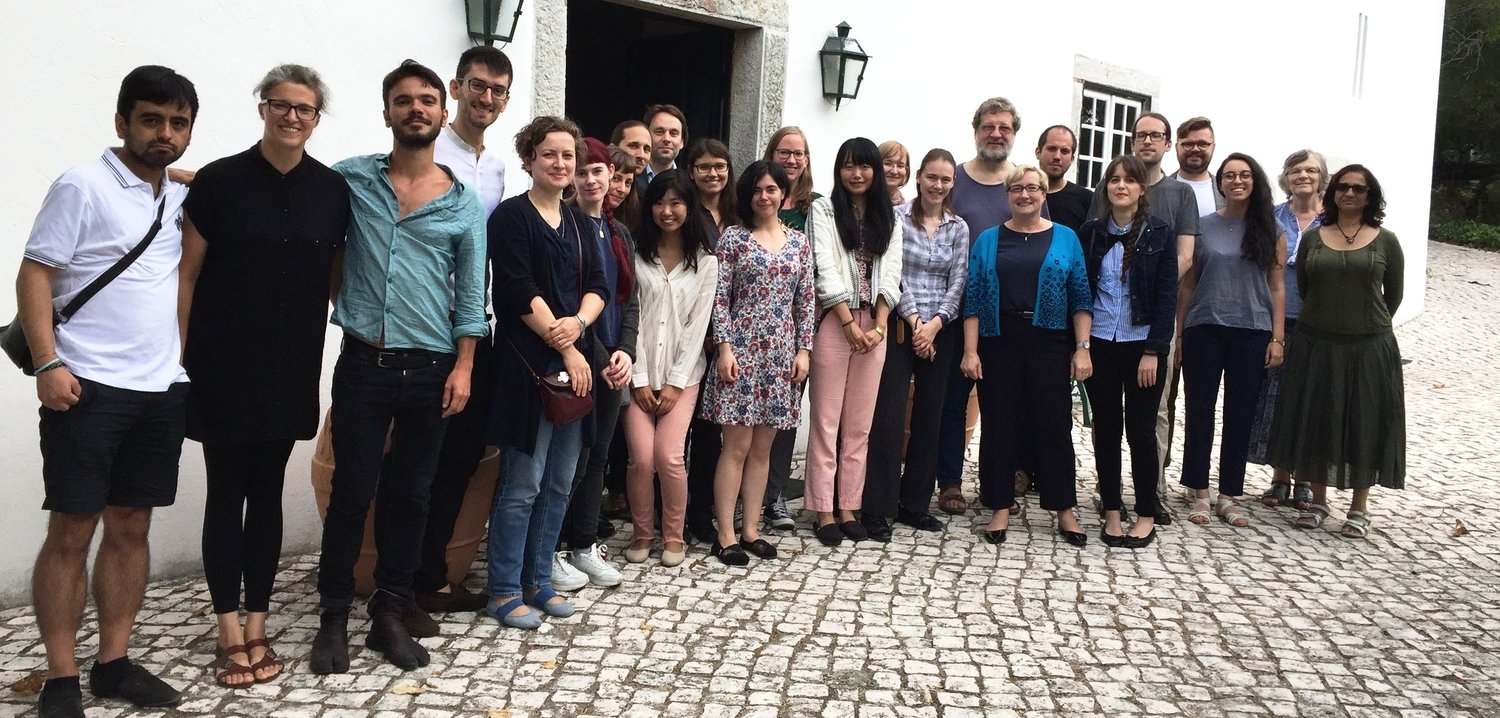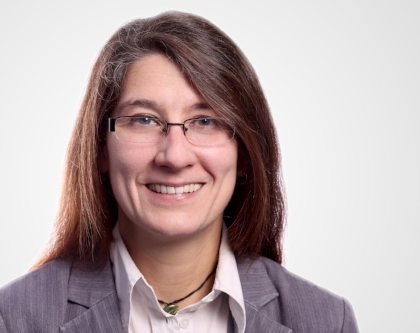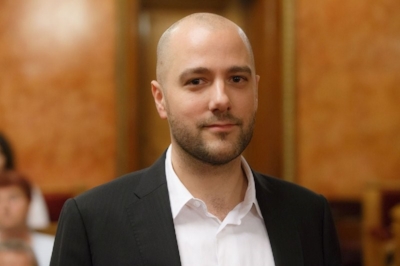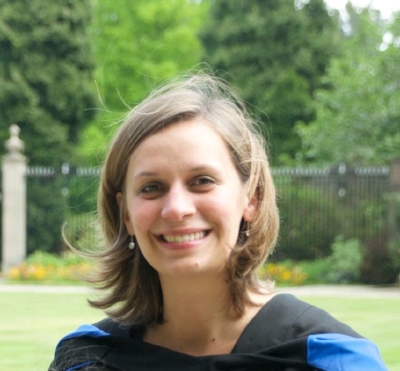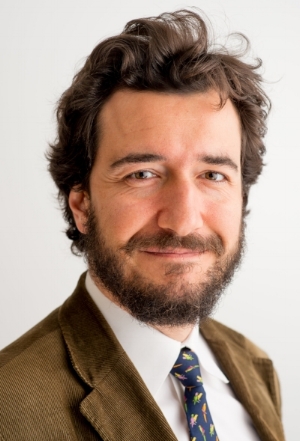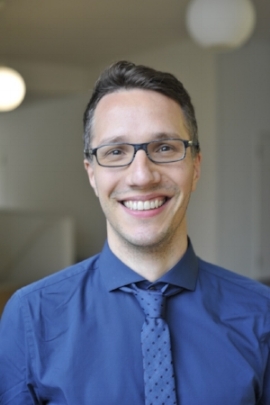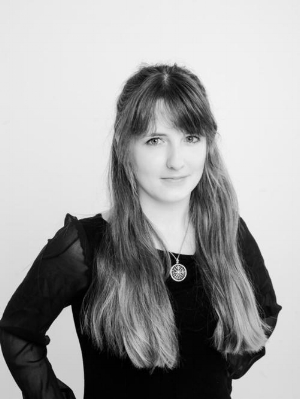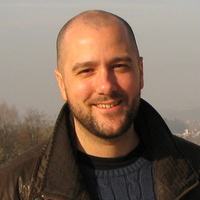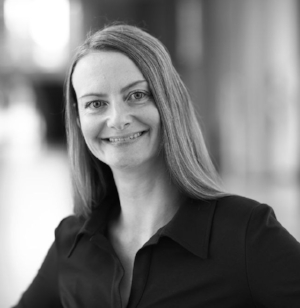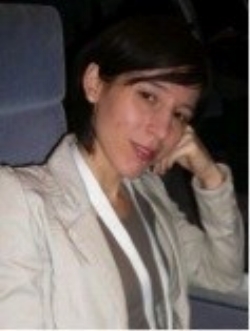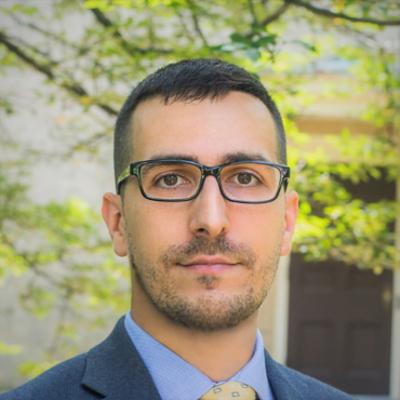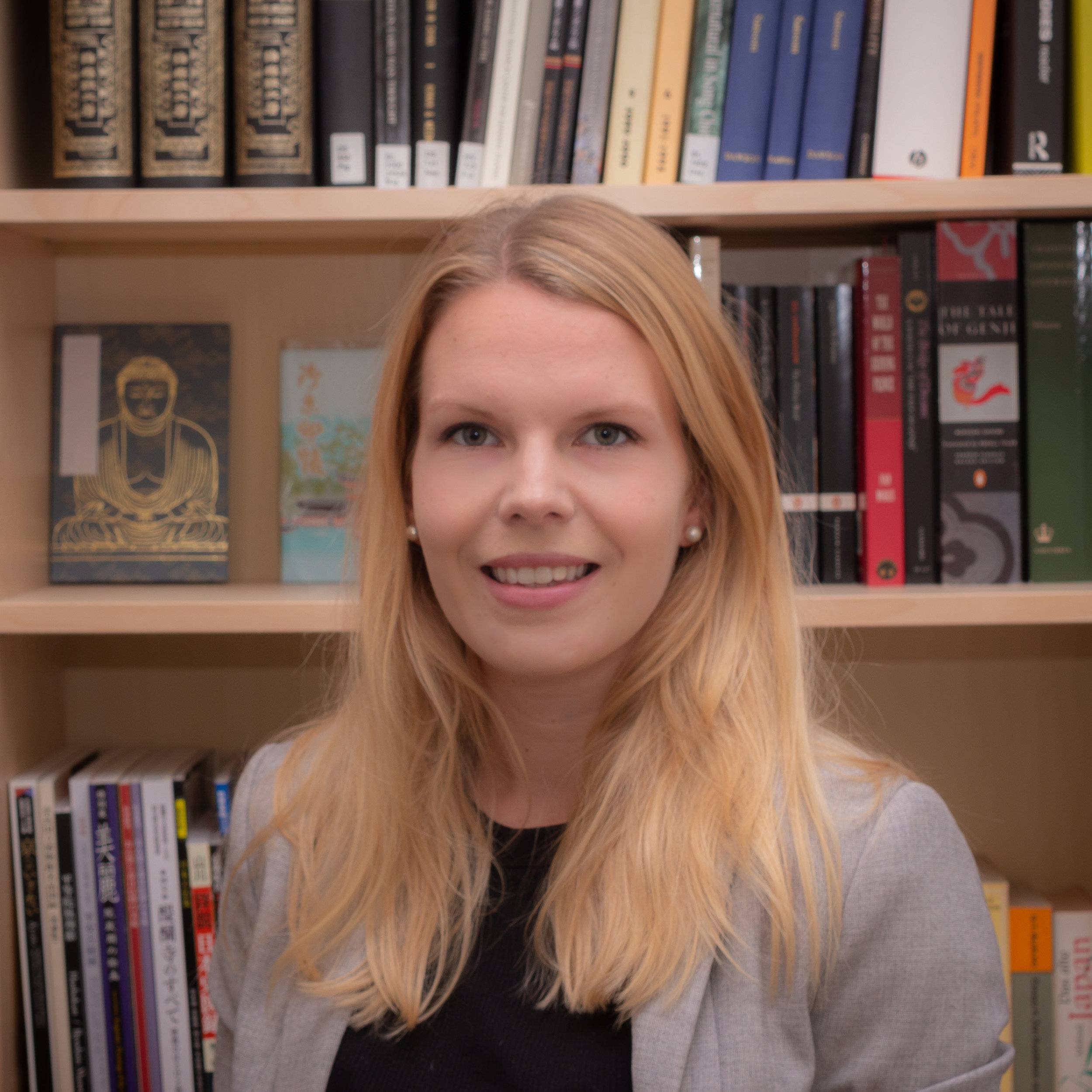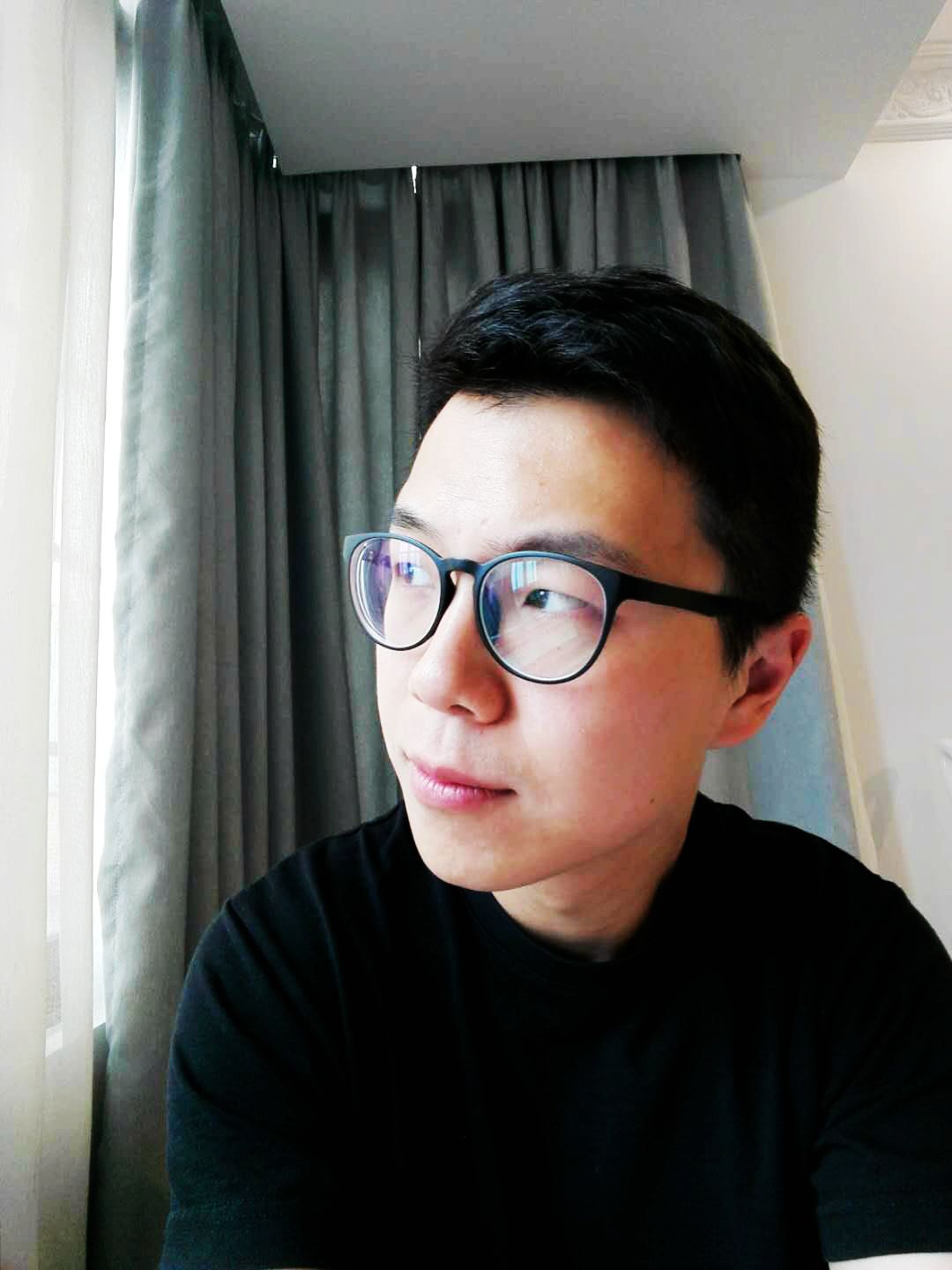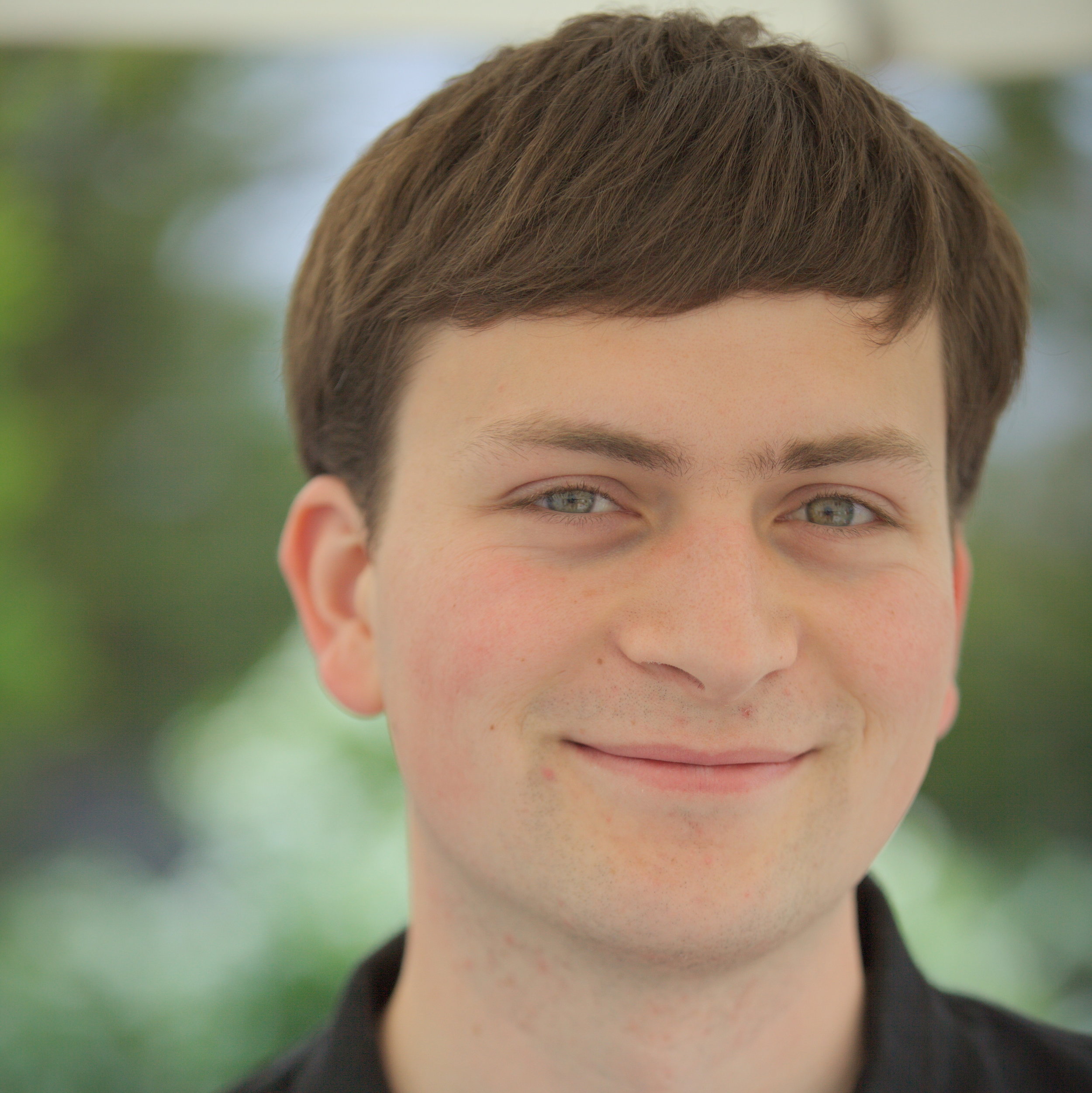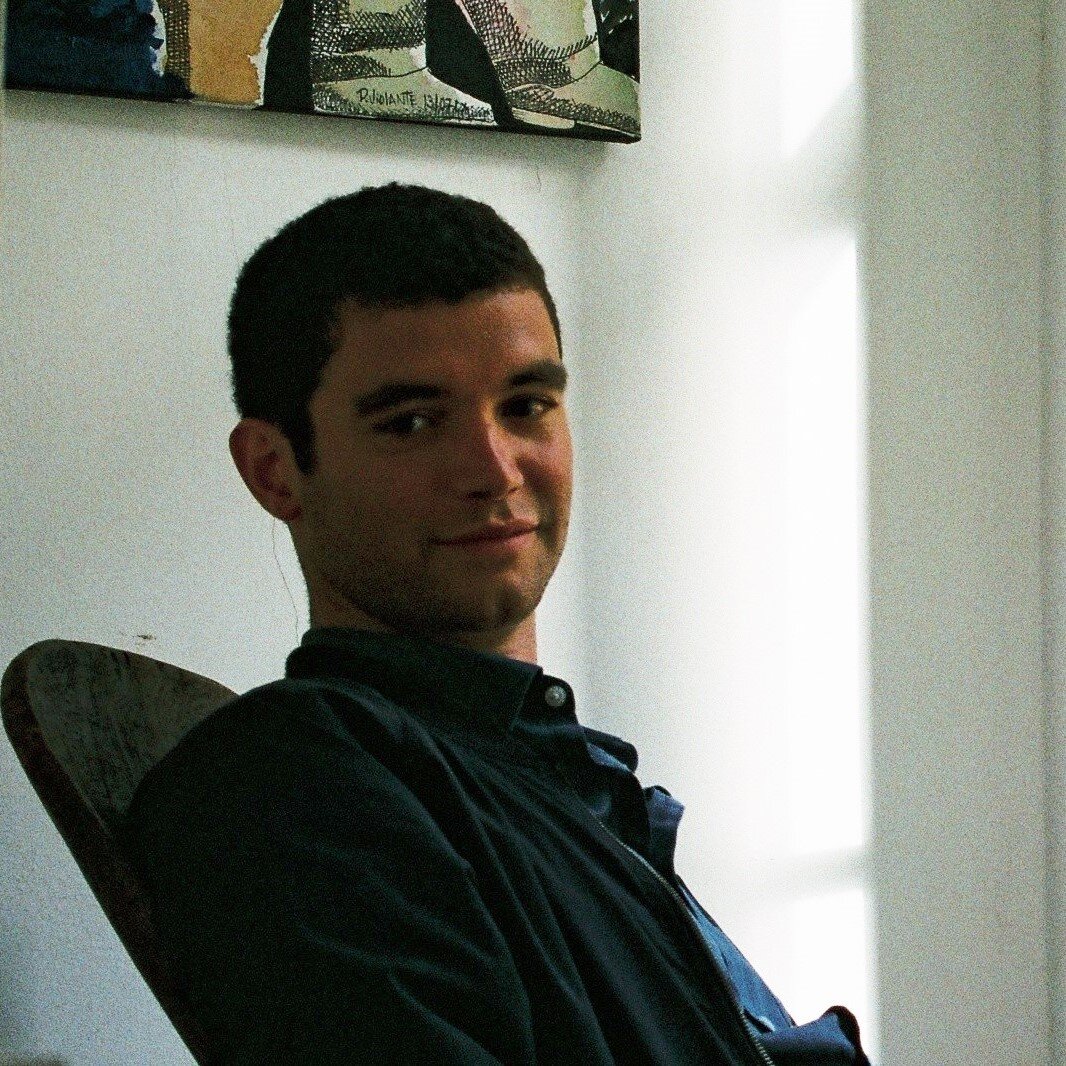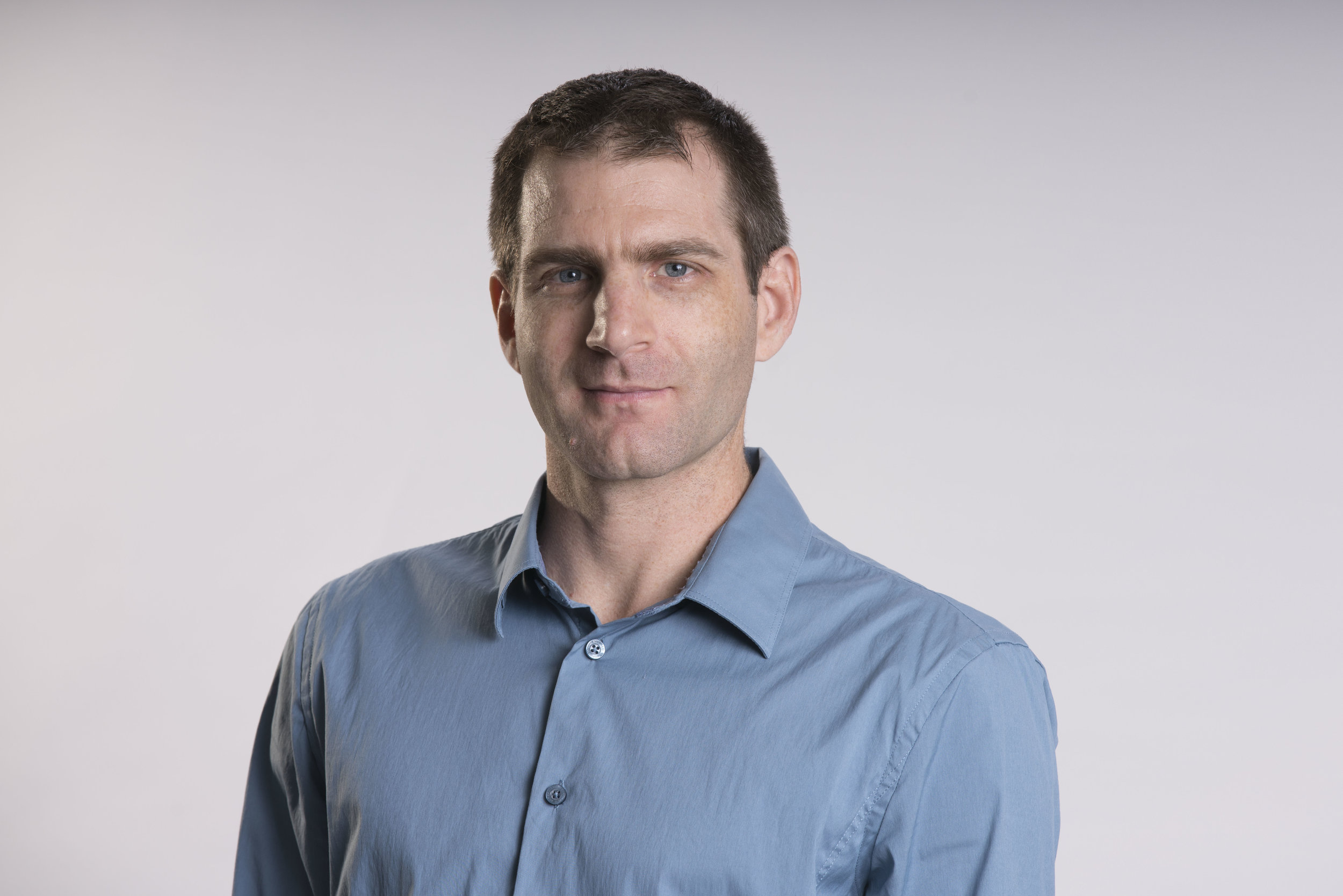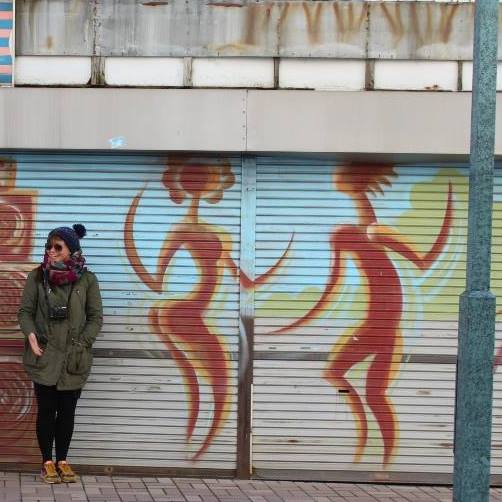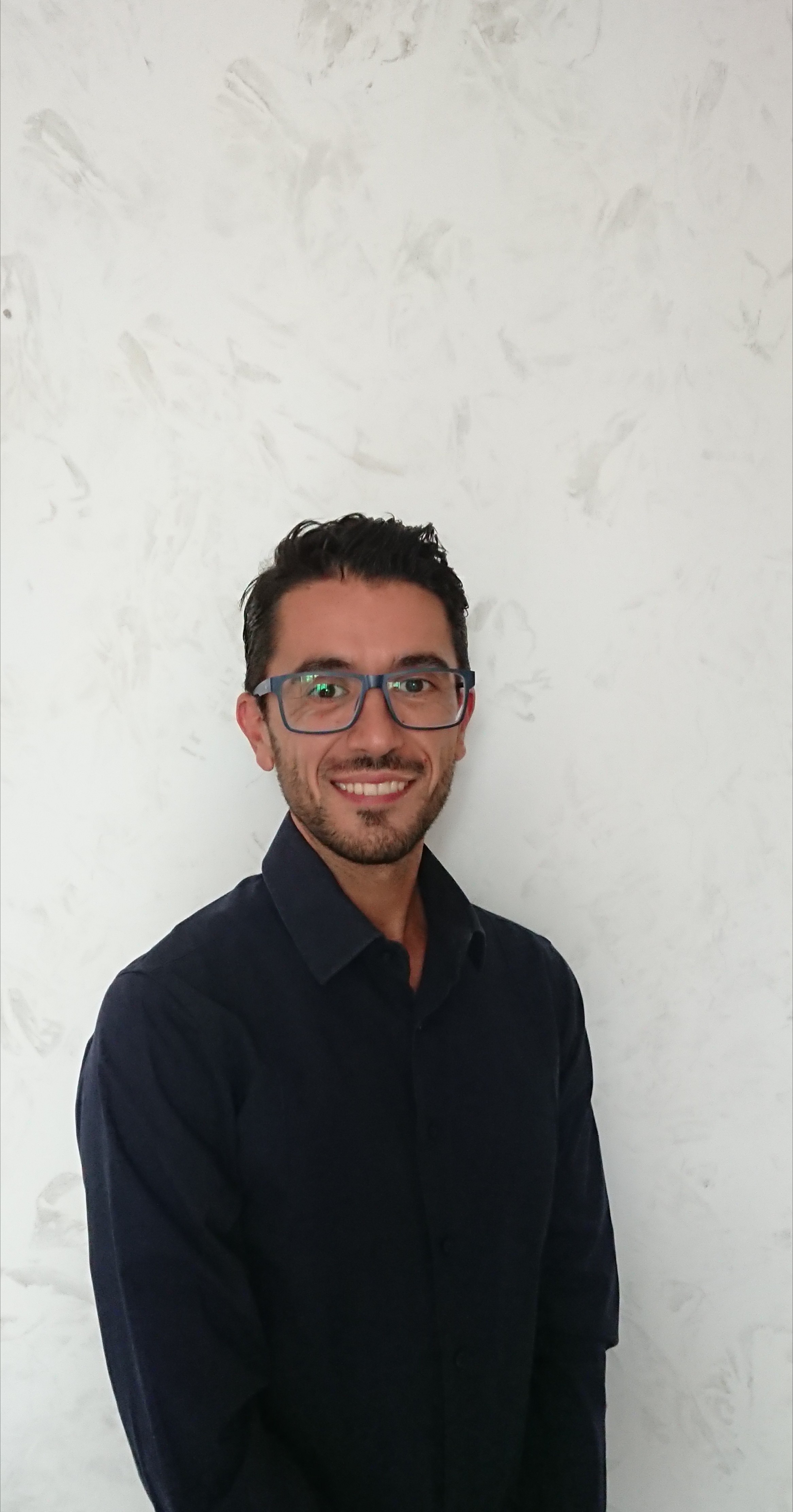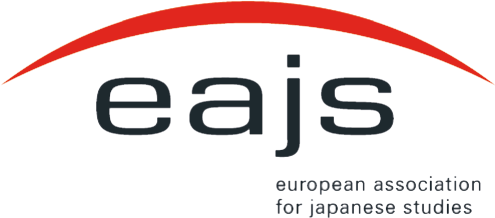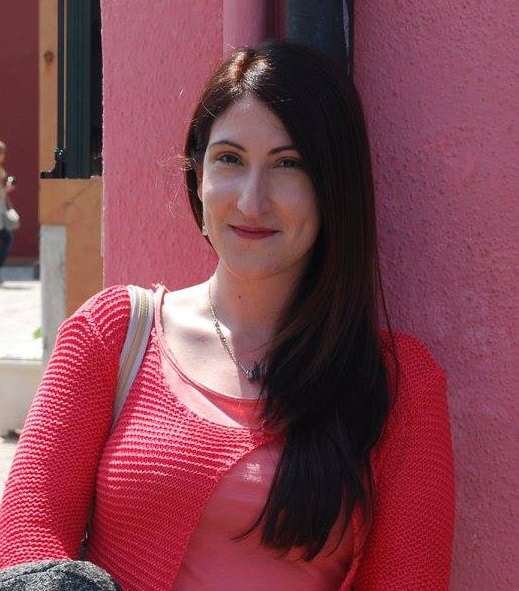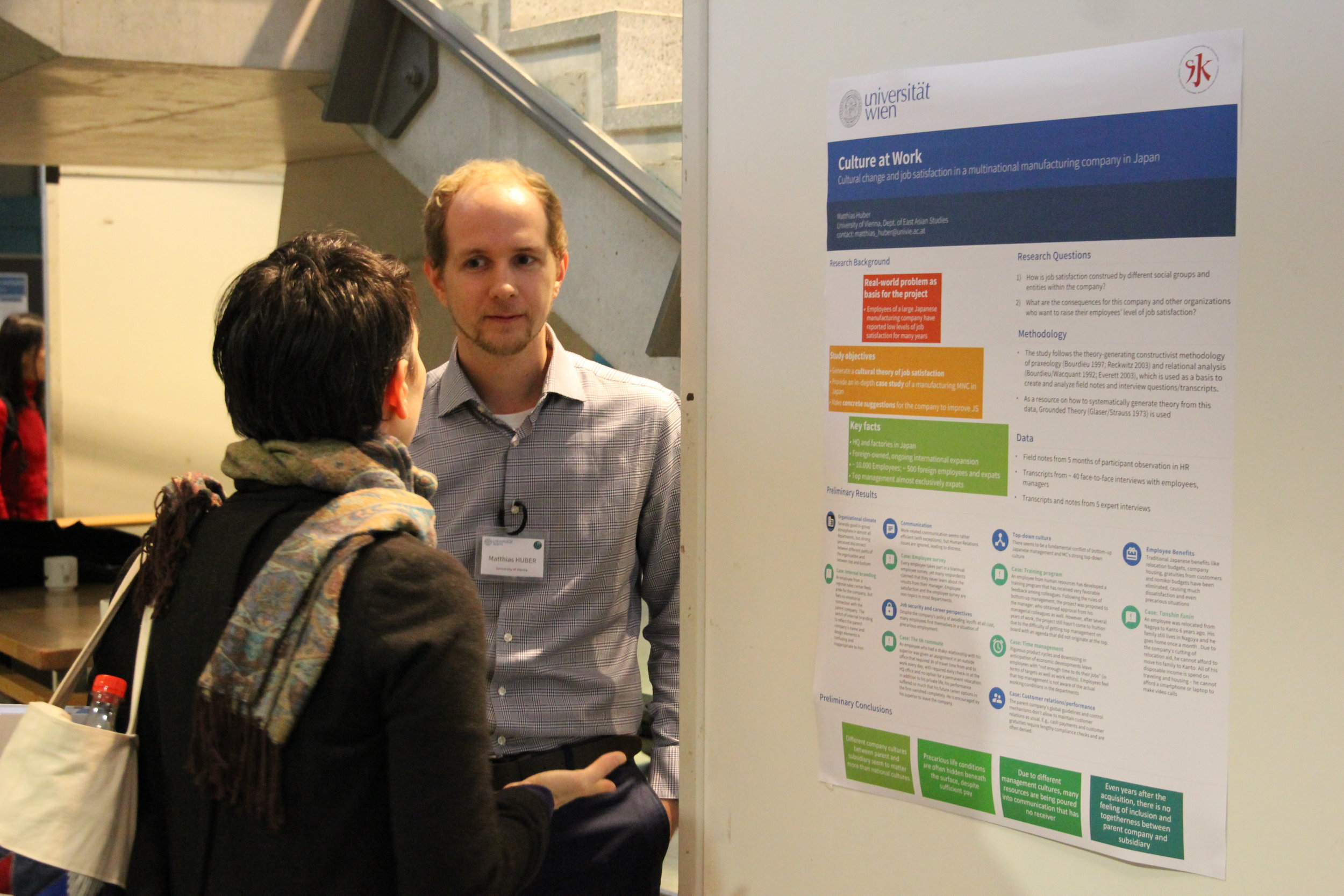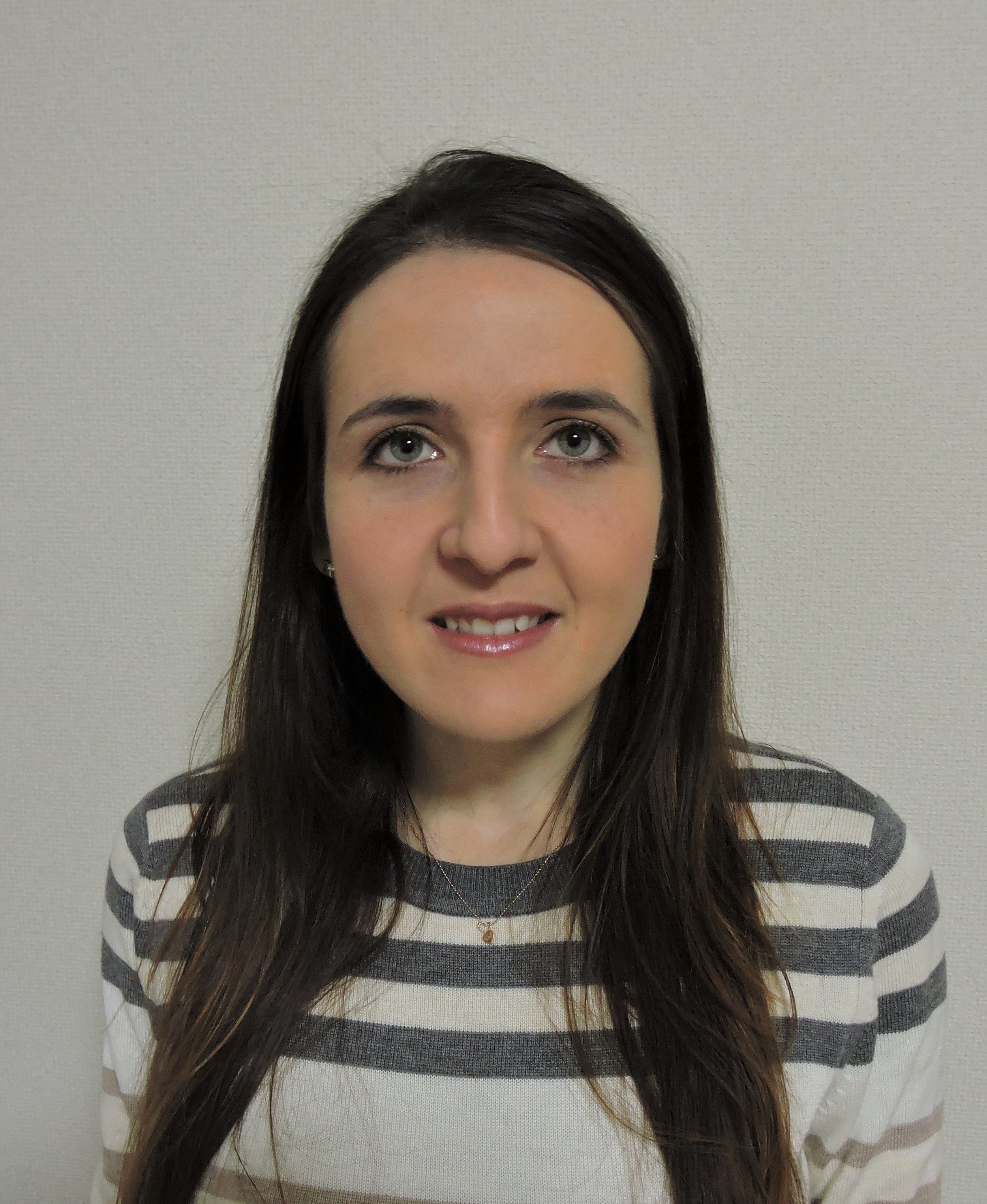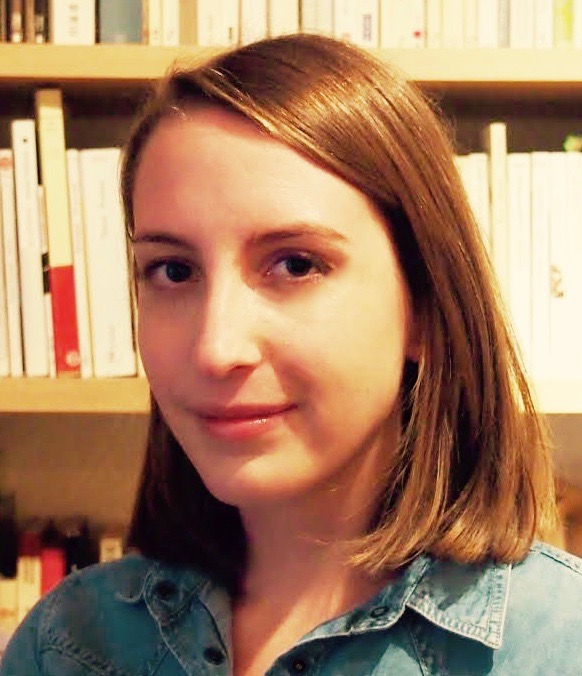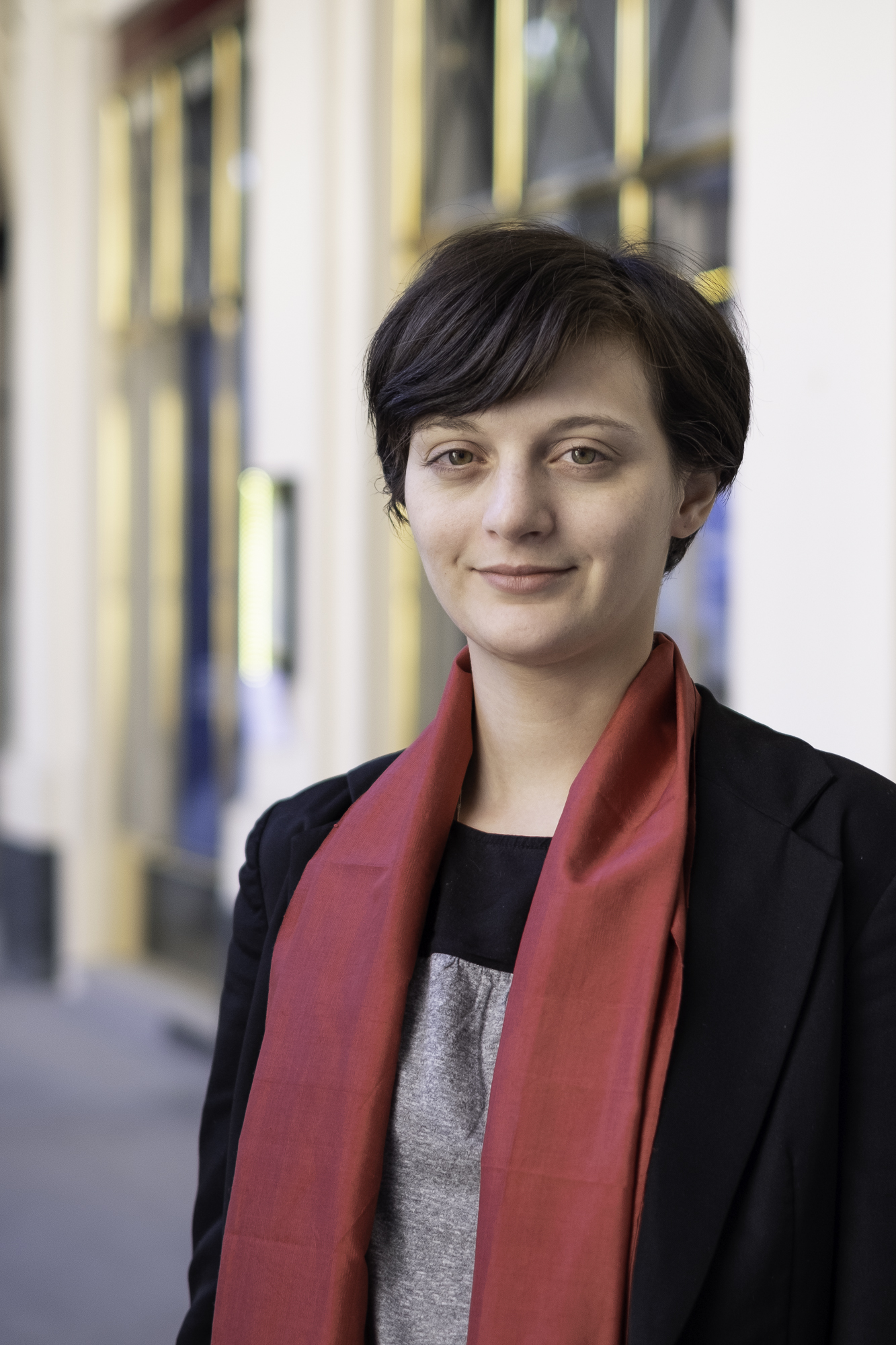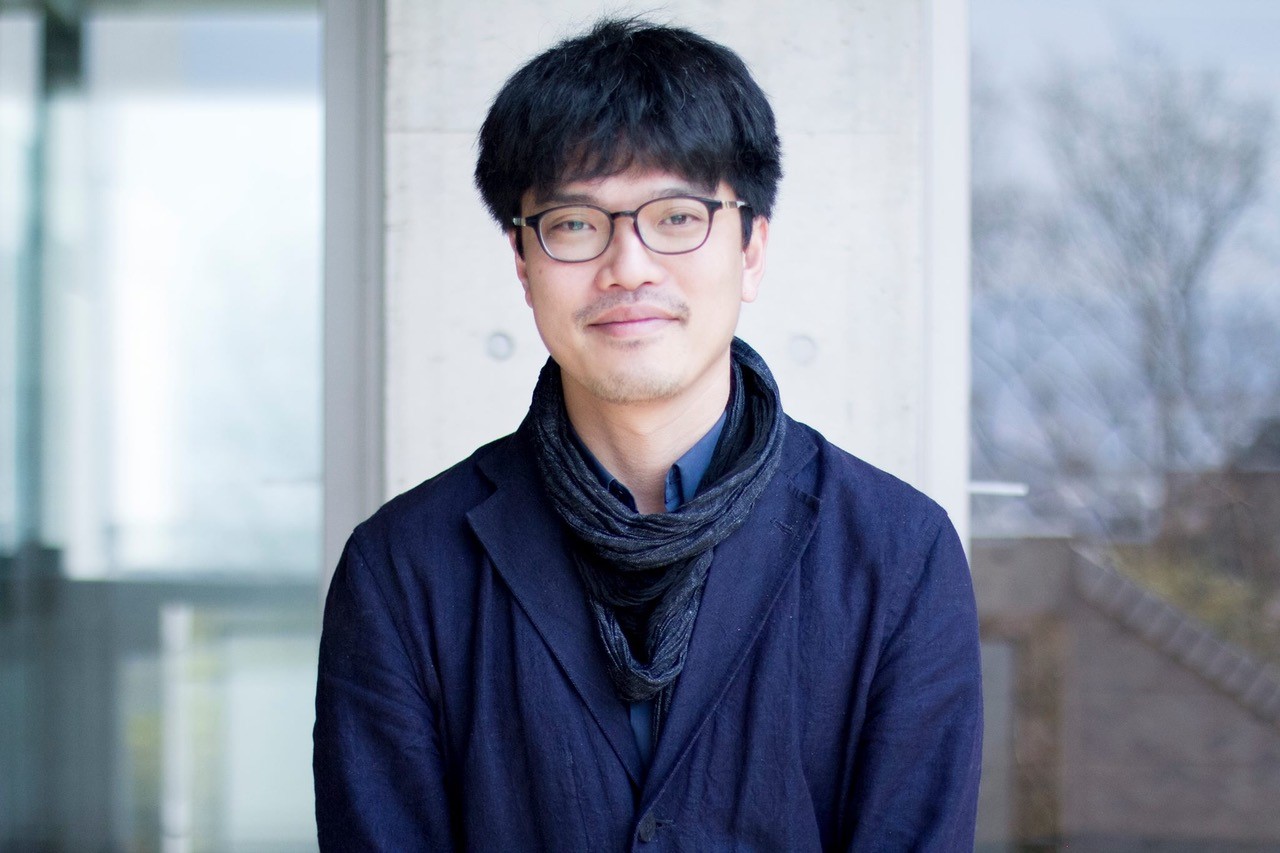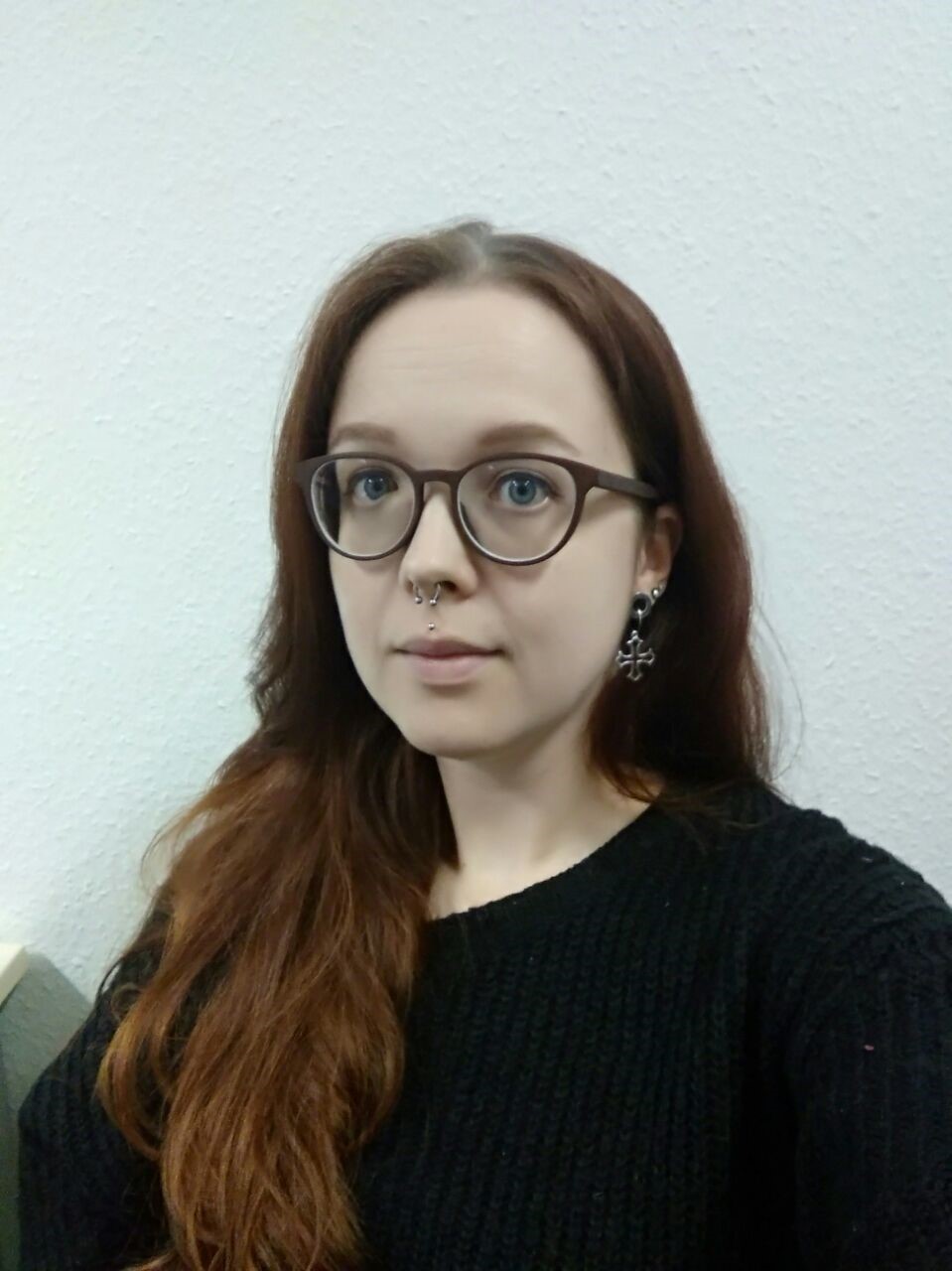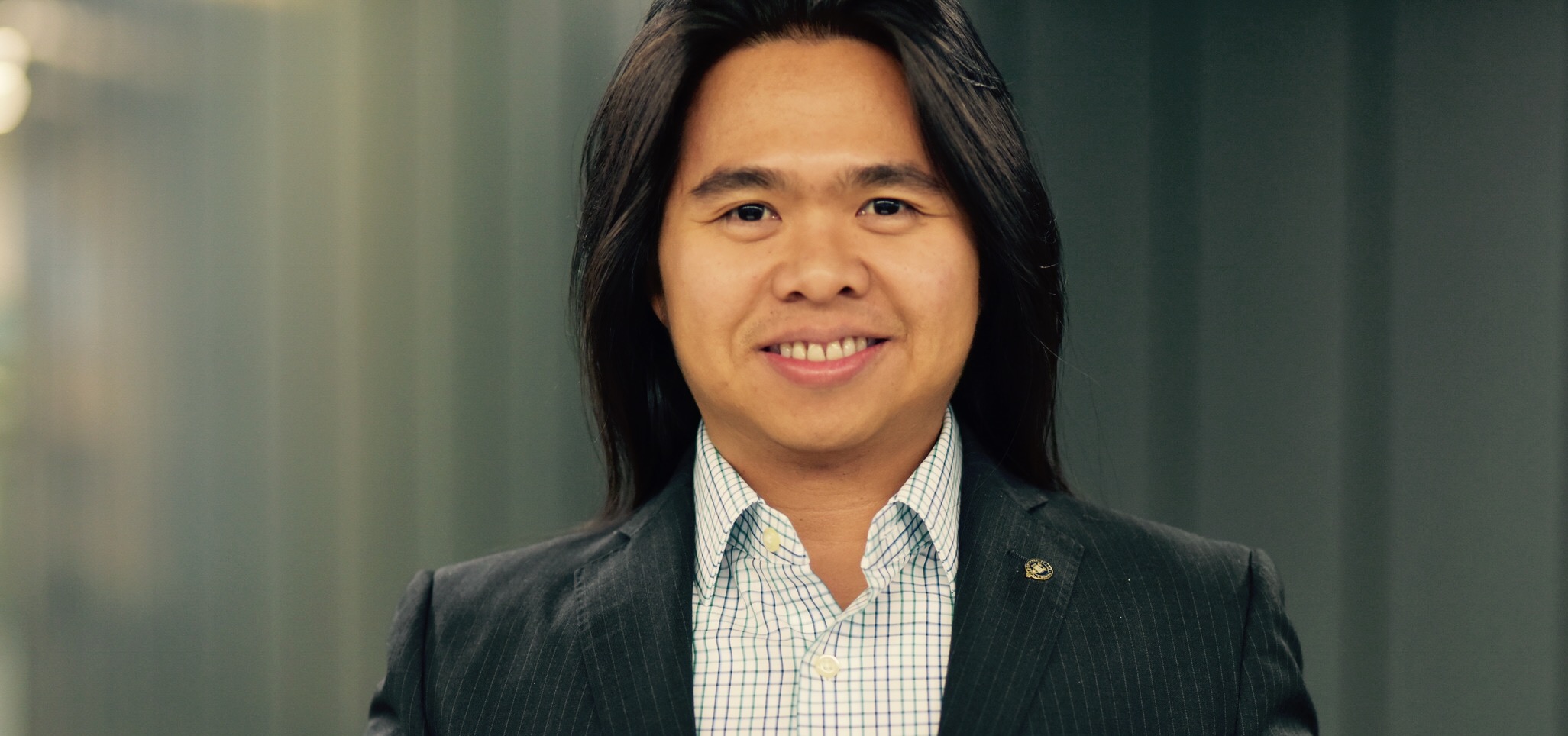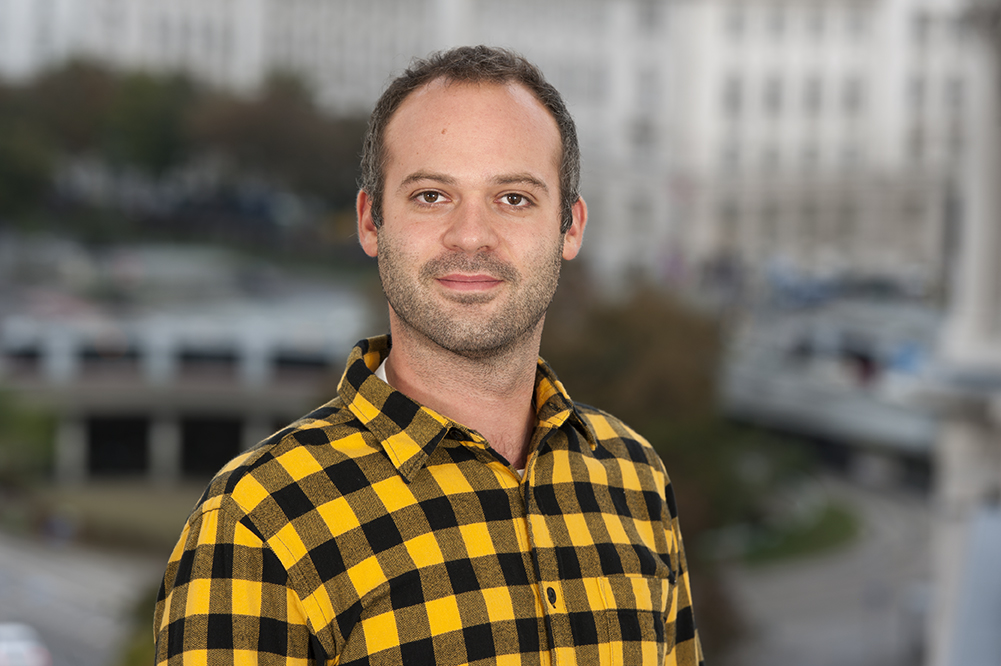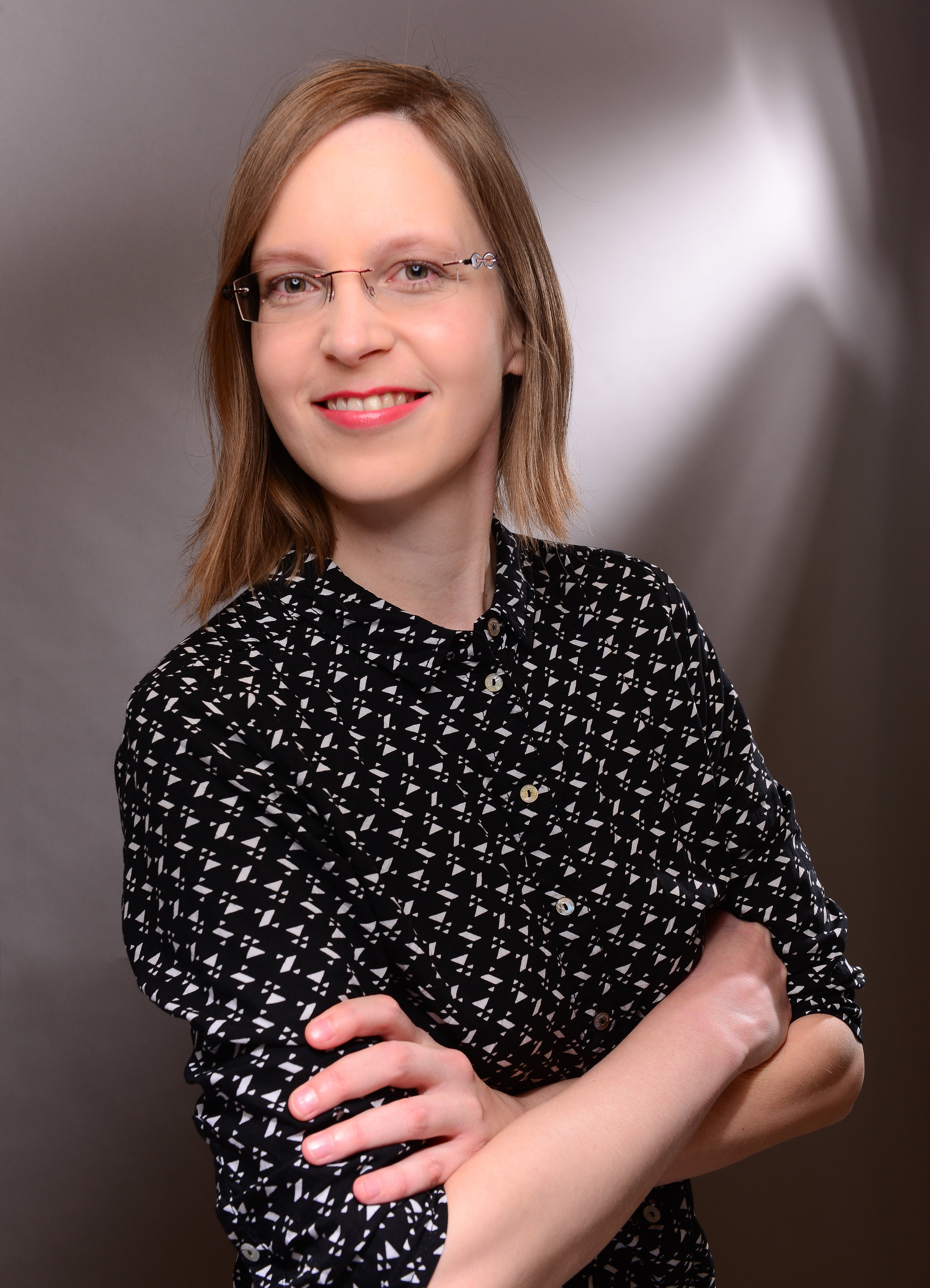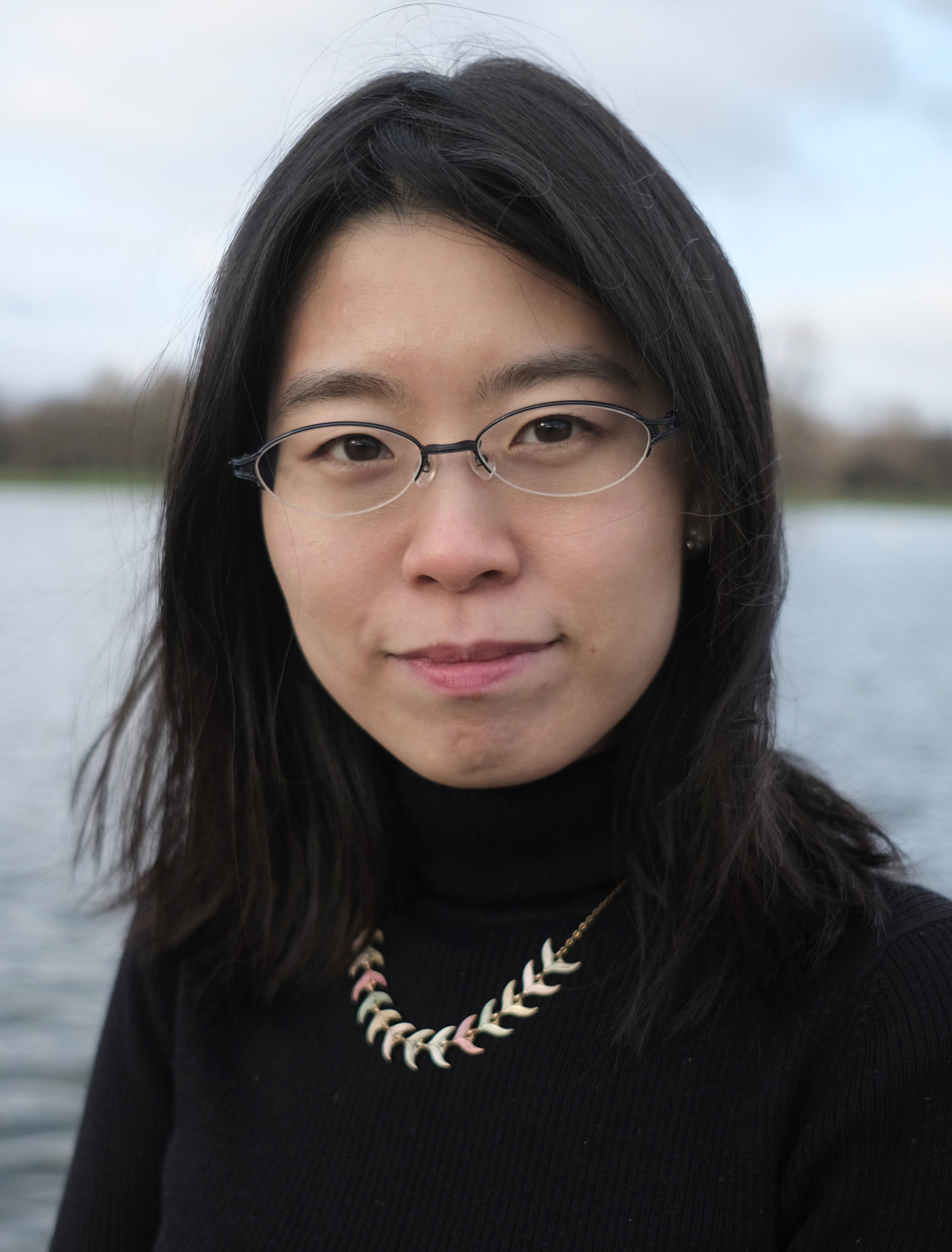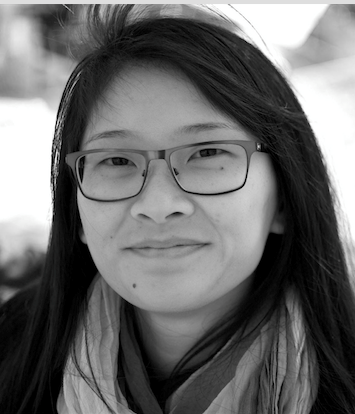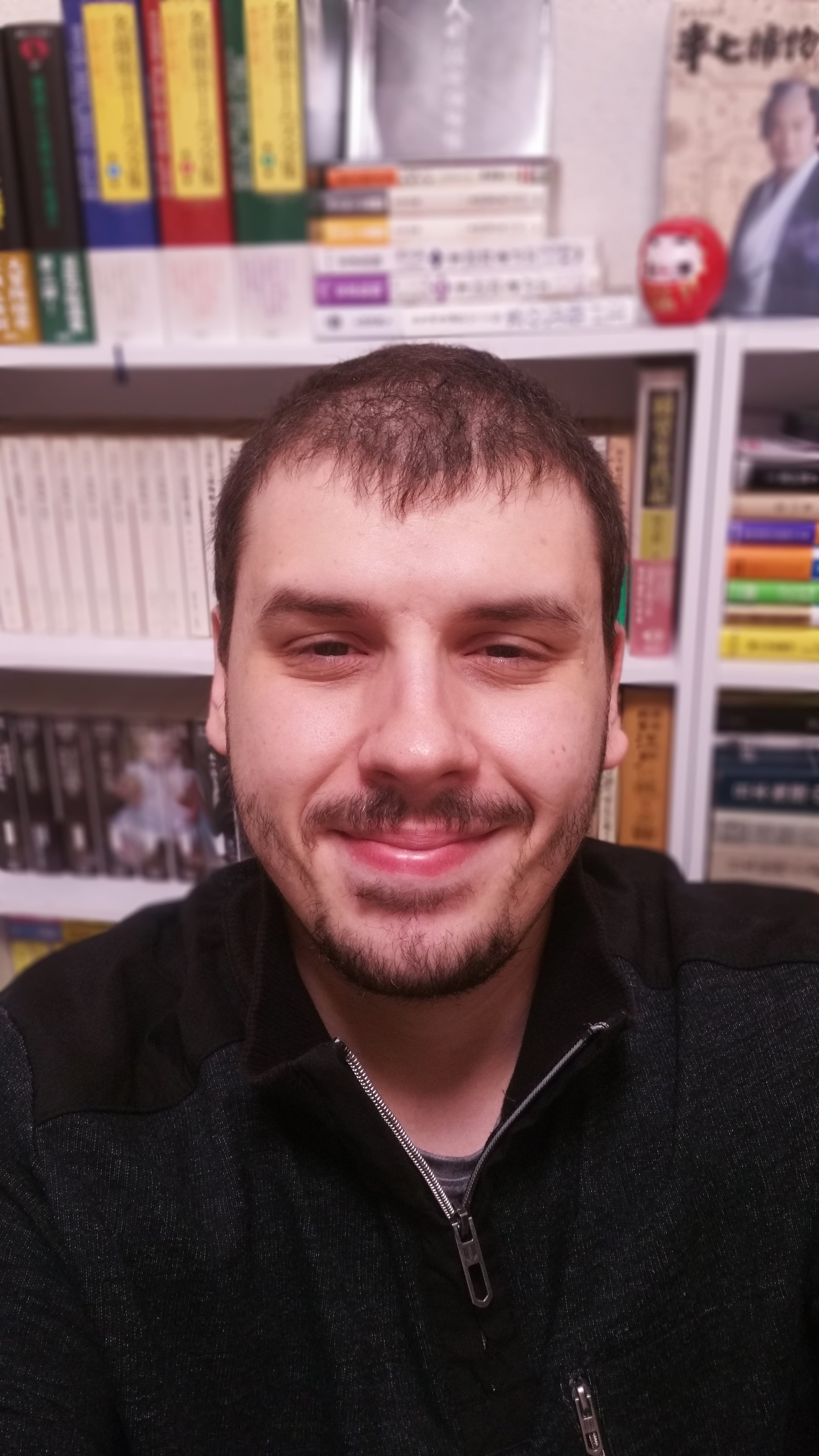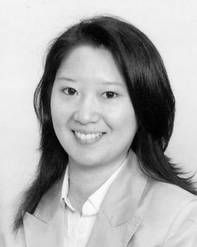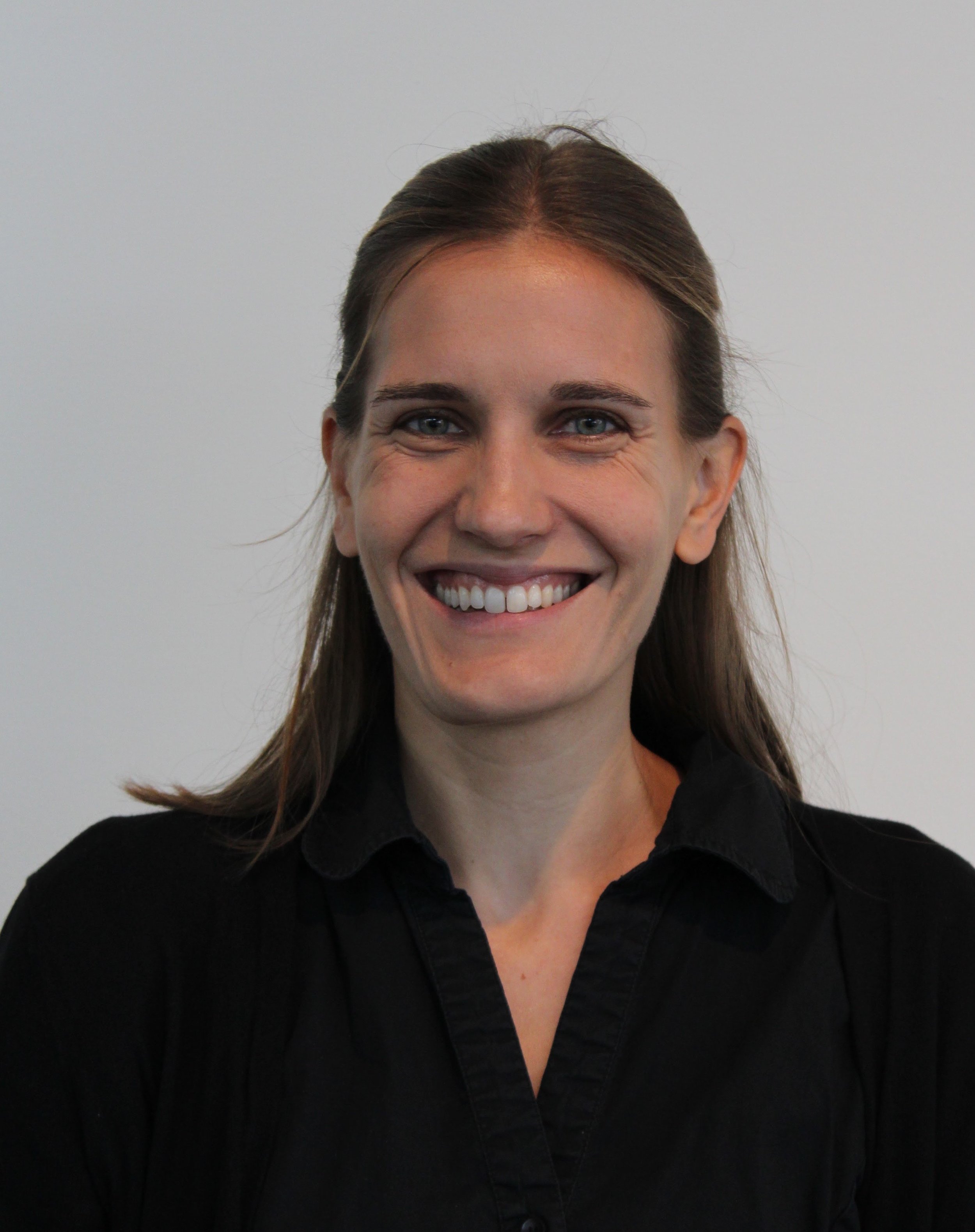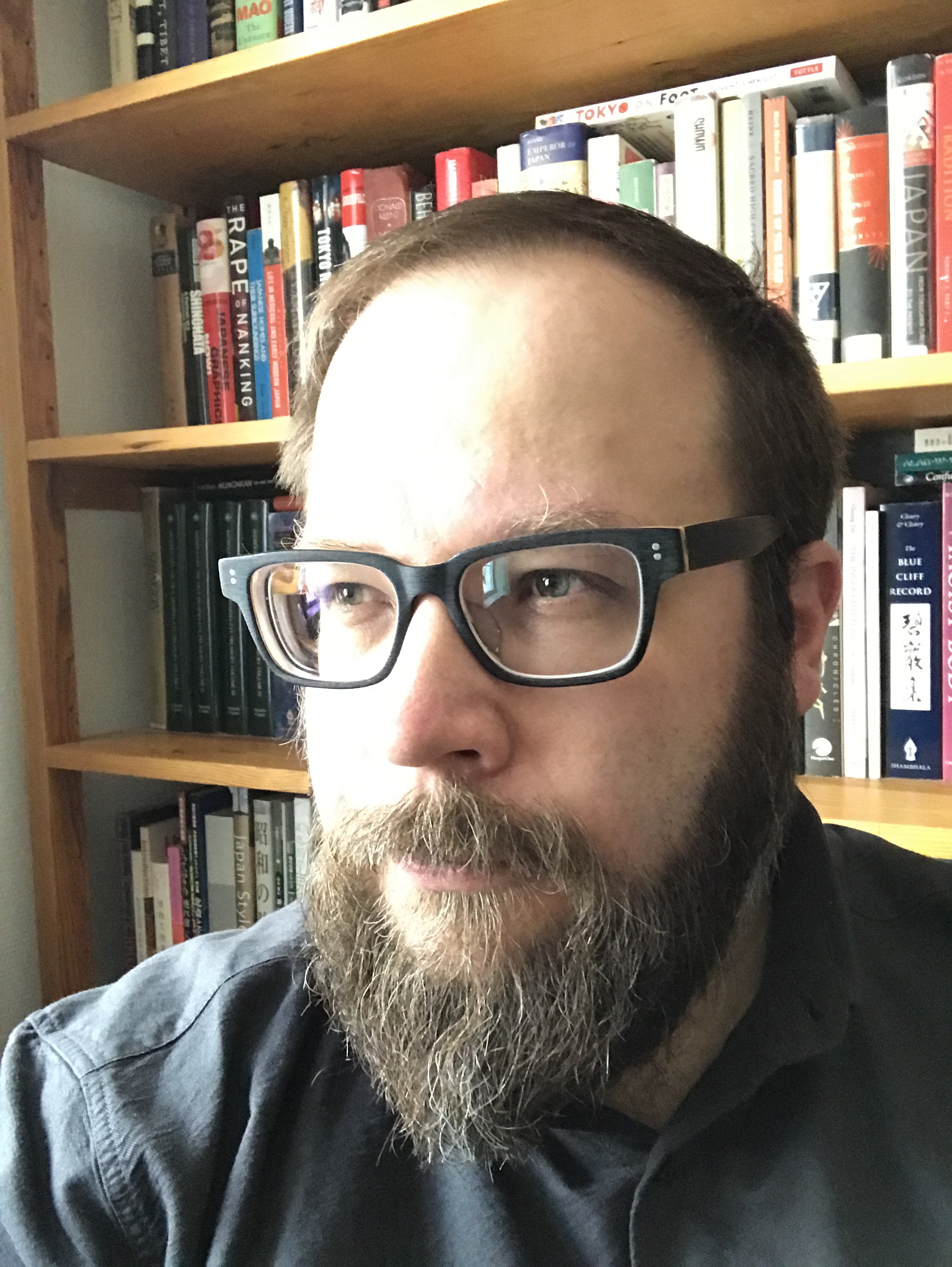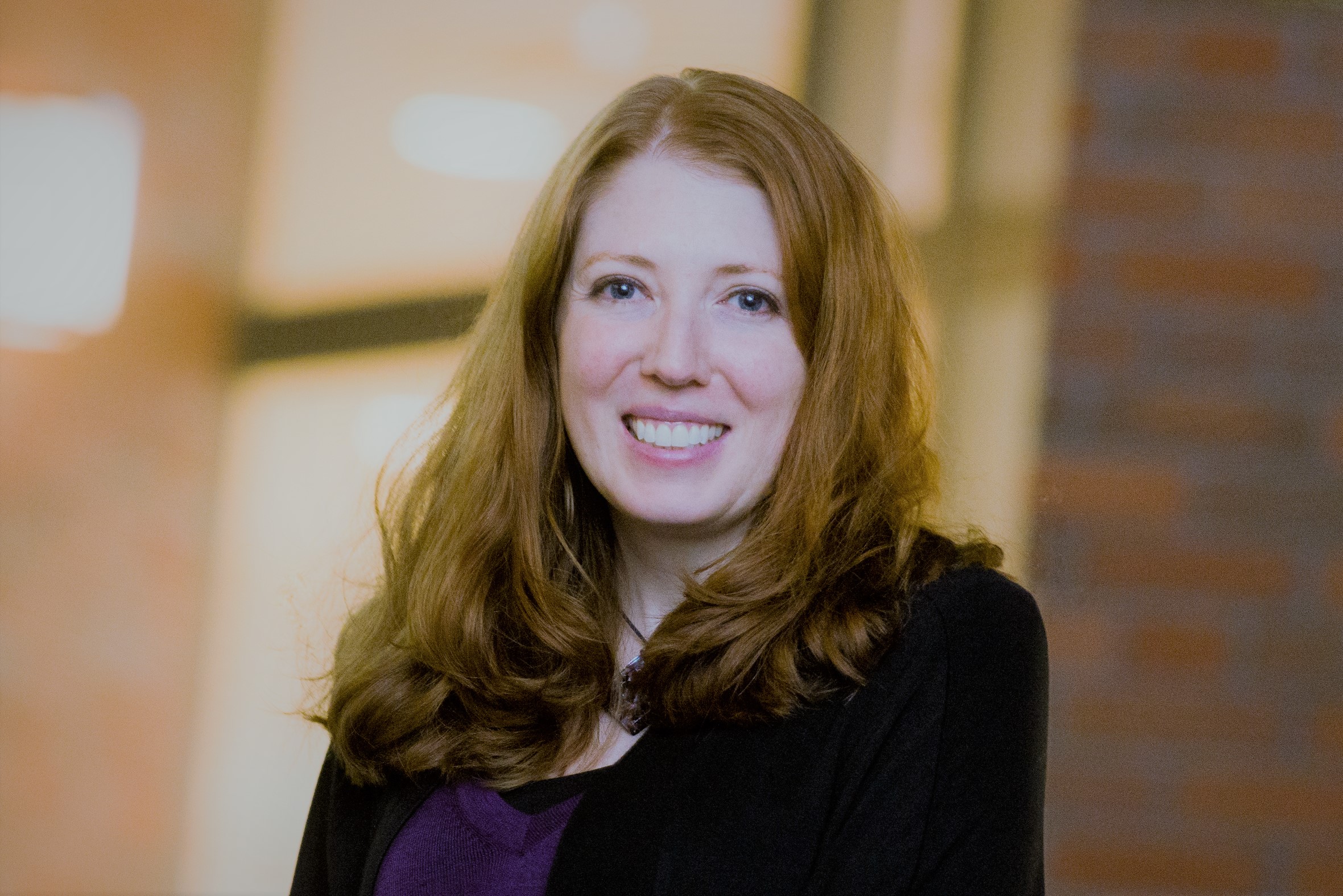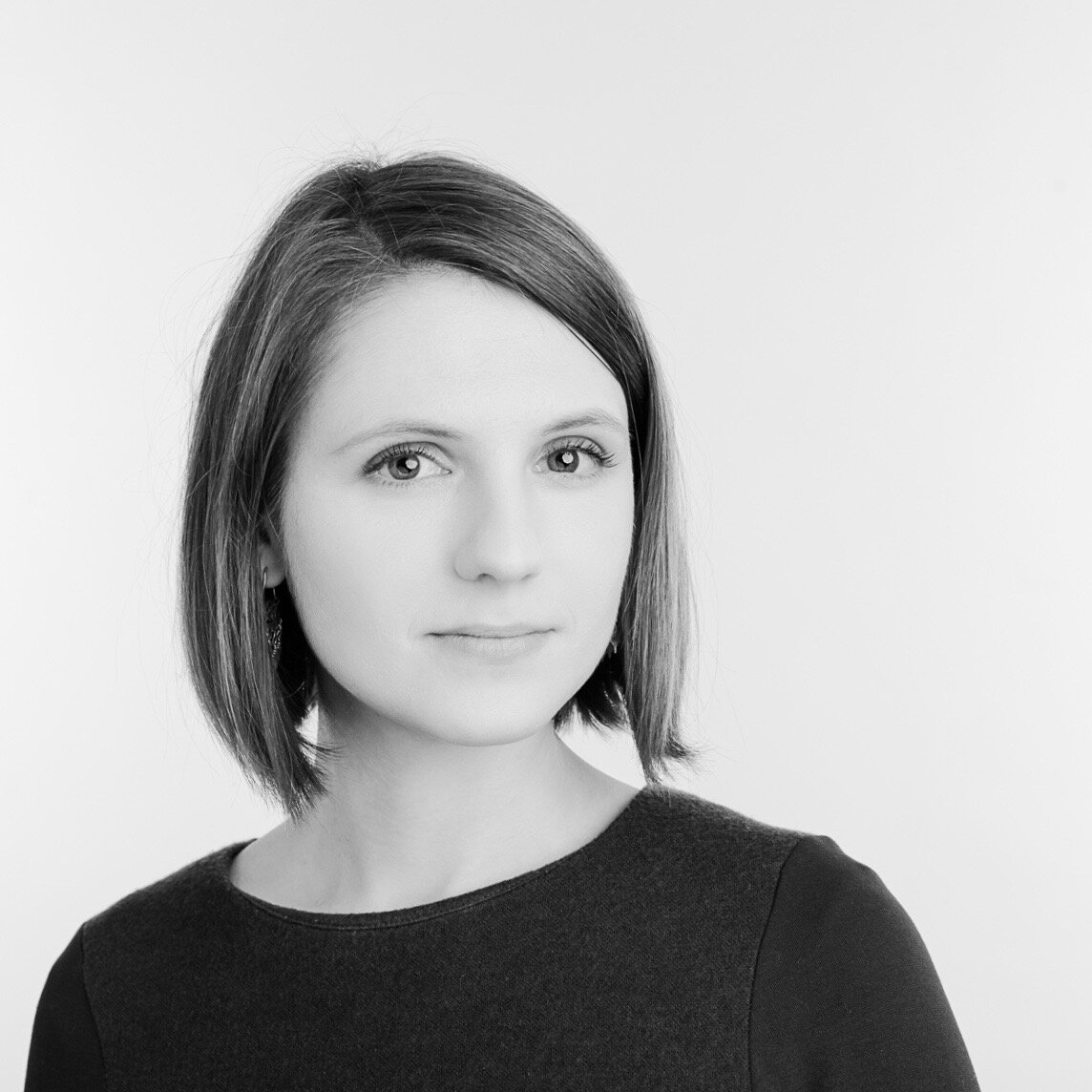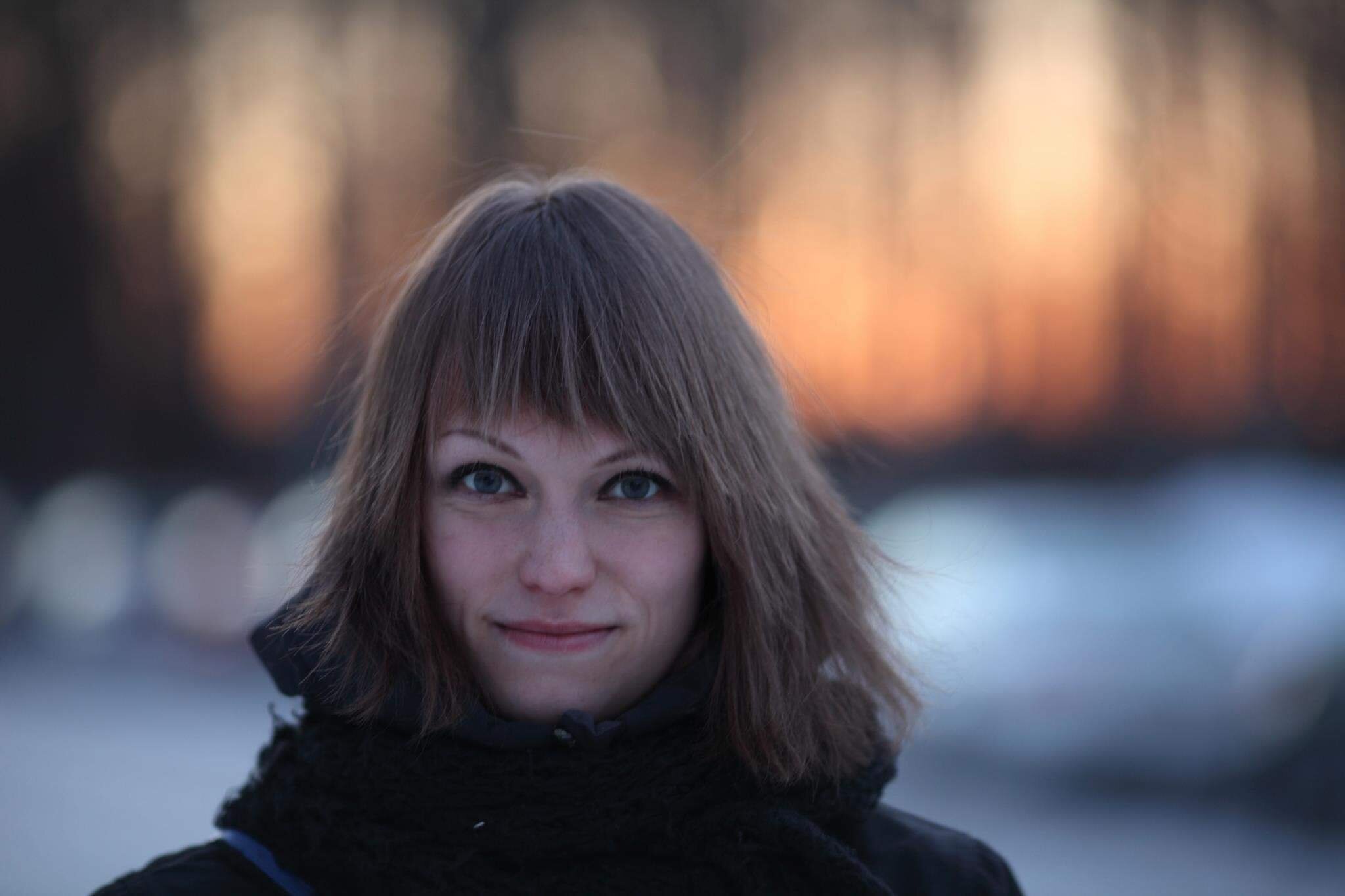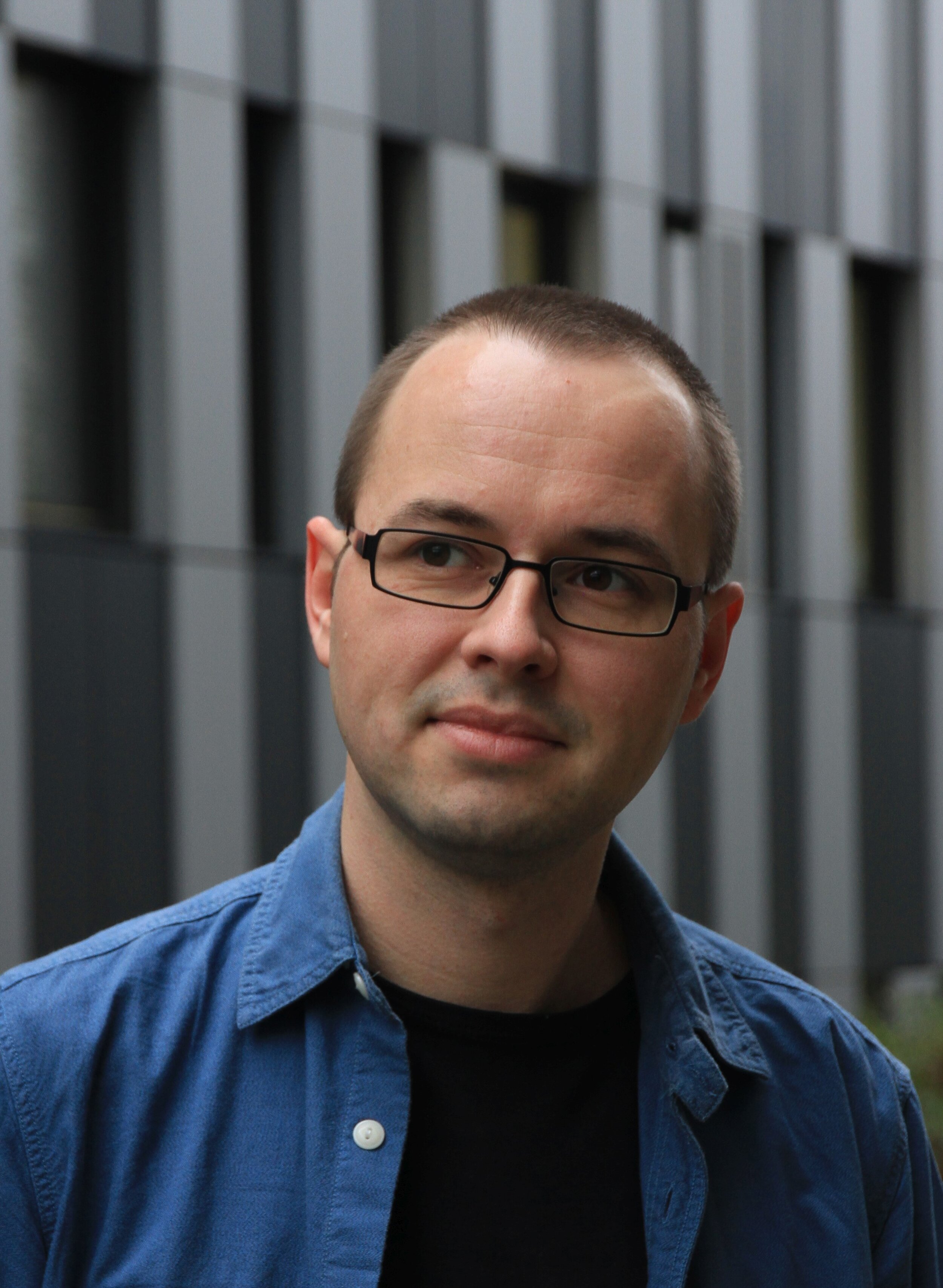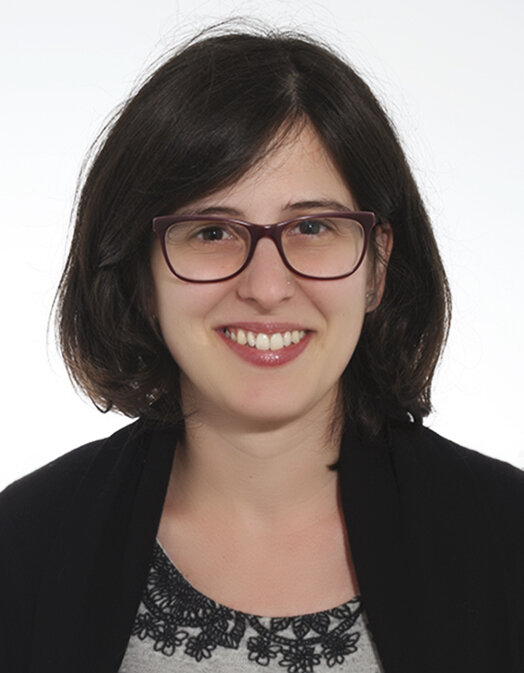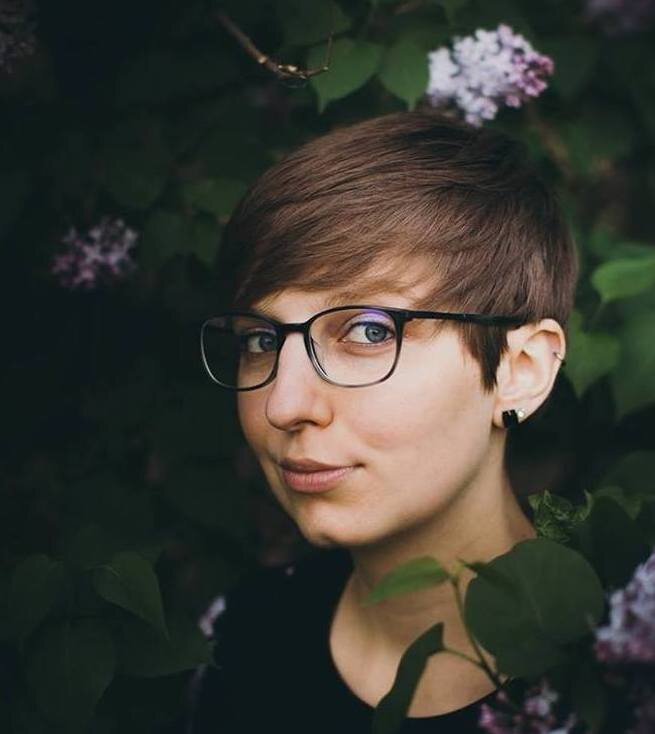Category: Film
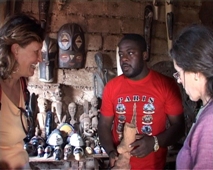 Ethnographic film, and visual anthropology more generally, have a well-established position within the discipline’s mainstream. The RAI acts as contact point in the UK for information, networking and advice in visual anthropology, organises film screenings and lectures, and provides a base for international visitors. In addition it supplies a service based on the acquisition, hiring out and sale of ethnographic films, videos and DVDs for educational and academic purposes. The RAI’s ethnographic film library is one of the world’s largest and most important. New titles are added on a continuing basis to both the sales and the archive reference holdings. All films submitted for inclusion are screened by the specialist Film Committee, guaranteeing a standard of excellence unparalleled elsewhere. Growing numbers of film company researchers and broadcasters now consult the RAI film materials. RAI Film Festival is held biennially.
Ethnographic film, and visual anthropology more generally, have a well-established position within the discipline’s mainstream. The RAI acts as contact point in the UK for information, networking and advice in visual anthropology, organises film screenings and lectures, and provides a base for international visitors. In addition it supplies a service based on the acquisition, hiring out and sale of ethnographic films, videos and DVDs for educational and academic purposes. The RAI’s ethnographic film library is one of the world’s largest and most important. New titles are added on a continuing basis to both the sales and the archive reference holdings. All films submitted for inclusion are screened by the specialist Film Committee, guaranteeing a standard of excellence unparalleled elsewhere. Growing numbers of film company researchers and broadcasters now consult the RAI film materials. RAI Film Festival is held biennially.
-
Jobs & Scholarships
Open positions and scholarship opportunities
Visiting Fellowship Announcement Tohoku University
CNEAS Visiting Fellows Call for Applications
(Fellowship period two to six months in October 2020-September 2021)The Center for Northeast Asian Studies, Tohoku University, is seeking visiting fellows. Our center has a visiting fellowship program to promote cooperative research activities with distinguished researchers in Northeast Asian Studies who belong to research institutes abroad. In this program, researchers accepted as visiting scholars will be provided with traveling costs from/to home countries and a salary to cover living expenses in Japan, as well as various research resources of the Center and opportunities to carry out cooperative research with CNEAS staff and faculty.
Fellowship Posts and Periods
Available posts for researchers in the natural sciences: 2 to 6 posts for every fiscal year.
Available posts for researchers in the social sciences and humanities: 2 to 6 posts for every fiscal year.
The fellowship period should consist of a continuous period of a minimum 2 months to a maximum of 6 months during the period of October 2020 to September 2021.Applications for the 2020-2021 visiting fellowship must reach us no later than December 31, 2019.
For further information click here.
International Christian University. Faculty Position in Japanese Literature (Full-time)
International Christian University (ICU) is a private and bilingual university that provides a first-class liberal arts education to a culturally and religiously diverse international community of students, faculty and staff. ICU’s educational mission is based on Christian and democratic principles. ICU has approximately 3,000 students and over 150 faculty members from Japan and overseas. The university is located on a wooded campus in the suburbs of Tokyo.
We are pleased to announce an open search for a full-time faculty position in Japanese Literature with a particular focus on Ancient or Medieval Literature. The successful applicant is expected to teach general education, foundation, and area major courses in the College of Liberal Arts, as well as courses in the Graduate School.
Qualifications
1. Ph.D. or equivalent in Japanese Literature or a related field is required.
2. Language of instruction: Japanese (Ability to teach in English is highly desirable.)
3. Christian (of any denomination). In exceptional circumstances, a non-Christian who affirms ICU’s Christian ideals and commits to realizing them.Deadline for Applications
Applications and supporting materials must be submitted no later than January 6, 2020 (JST). (Deadline may be extended until an appropriate candidate is found.)Starting Date: September 1, 2020 or April 1, 2021.
For further information, please contact:
Prof. Natsumi Ikoma
Position of Contact Person
Professor, Department of Humanities
jpn-lit-search@icu.ac.jp
Gerald D. Feldman Travel Grants
Once a year, supported by the Peters Beer Foundation, part of the Stifterverband für die Deutsche Wissenschaft (Donors’ Association for the Promotion of Humanities and Sciences in Germany), the Max Weber Foundation (MWS) confers Gerald D. Feldman Travel Grants to young academics with an international focus.
The travel grants are meant to improve the career opportunities for humanities and social science academics in their qualification phase. The scientists conduct a self-chosen research project in at least two and at most three host countries which are home to MWS institutes and branches or at the Richard Koebner Minerva Center for German History. The total term of funding shall not exceed three months. Placements (at most one month per host country, shorter stays are possible) are to be used for research, especially in libraries and archives. Academics are expected to produce transnational and transregional studies, providing research with new and original ideas. The research placements should ideally be completed within 12 months, or at most 24.
Click here for more information.
Hakuho Foundation Japanese Research Fellowship
With the goals of further strengthening the fundamentals of international research into Japan and deepening understanding of Japan, the Hakuho Foundation Japanese Research Fellowship invites leading international researchers of the Japanese language, Japanese language education, Japanese literature and Japanese culture to Japan to conduct residential research. Click here for more information.
Abe Fellowship Program competition
The Social Science Research Council (SSRC) and the Japan Foundation Center for Global Partnership (CGP) announce the annual Abe Fellowship Program competition. Funding for the Abe Fellowship Program is provided by CGP. Click here for more information.
-
Disclaimer
Imprint & Disclaimer
Responsible for contents
European Association for Japanese Studies (EAJS)
Office of the European Association for Japanese Studies (EAJS)c/o Freie Universität Berlin
Institute of East Asian Studies
Japanese Studies
Hittorfstr. 18
14195 Berlin, GermanyPhone: +49-30-838-50929
Fax: +49-30-838-4-50931For technical questions please contact us at office[at]eajs.eu
Disclaimer
1. Content
The EAJS reserves the right not to be responsible for the topicality, correctness, completeness or quality of the information provided. Liability claims regarding damage caused by the use of any information provided, including any kind of information which is incomplete or incorrect, will therefore be rejected.
All offers are not-binding and without obligation. Parts of the pages or the complete publication including all offers and information might be extended, changed or partly or completely deleted by the EAJS without separate announcement.2. Referrals and links
The EAJS is not responsible for any contents linked or referred to from our pages – unless we have full knowledge of illegal contents and would be able to prevent the visitors of our site from viewing those pages. If any damage occurs by the use of information presented there, only the author of the respective pages might be liable, not the one who has set a link to these pages. Furthermore the EAJS is not liable for any postings or messages published by users of discussion boards, guestbooks or mailinglists provided on our page.3. Copyright
The EAJS intended not to use any copyrighted material for the publication or, if not possible, to indicate the copyright of the respective object.
The copyright for any material created by the EAJS is reserved. Any duplication or use of objects such as images, diagrams, sounds or texts in other electronic or printed publications is not permitted without agreement.4. Privacy policy
Please click here to see our privacy policy.5. Legal validity of this disclaimer
This disclaimer is to be regarded as part of the internet publication which you were referred from. If sections or individual terms of this statement are not legal or correct, the content or validity of the other parts remain uninfluenced by this fact. -
Abe Fellowship
Abe Fellowship Program competition
The Social Science Research Council (SSRC) and the Japan Foundation Center for Global Partnership (CGP) announce the annual Abe Fellowship Program competition. Funding for the Abe Fellowship Program is provided by CGP.
The Purpose of the Fellowship
The Abe Fellowship is designed to encourage international multidisciplinary research on topics of pressing global concern. The program seeks to foster the development of a new generation of researchers who are interested in policy-relevant topics of long-range importance and who are willing to become key members of a bilateral and global research network built around such topics. It strives especially to promote a new level of intellectual cooperation between the Japanese and American academic and professional communities committed to and trained for advancing global understanding and problem solving.
Research support to individuals is at the core of the Abe Fellowship Program. Applications are welcome from scholars and nonacademic research professionals. The objectives of the program are to foster high quality research in the social sciences and related disciplines, to build new collaborative networks of researchers around the four thematic foci of the program, to bring new data and new data resources to the attention of those researchers, and to obtain from them a commitment to a comparative or transnational line of inquiry.
Successful applicants will be those individuals whose work and interests match these program goals. Abe Fellows are expected to demonstrate a long-term commitment to these goals by participating in program activities over the course of their careers.
The Abe Fellowship Research Agenda
Applicants are invited to submit proposals for research in the social sciences and related disciplines relevant to any one or any combination of the four themes below. The themes are:
1) Threats to Personal, Societal, and International Security Especially welcome topics include food, water, and energy insecurity; pandemics; climate change; disaster preparedness, prevention, and recovery; and conflict, terrorism, and cyber security.
2) Growth and Sustainable Development
Especially welcome topics include global financial stability, trade imbalances and agreements, adjustment to globalization, climate change and adaptation, and poverty and inequality.
3) Social, Scientific, and Cultural Trends and Transformations Especially welcome topics include aging and other demographic change, benefits and dangers of reproductive genetics, gender and social exclusion, expansion of STEM education among women and under-represented populations, migration, rural depopulation and urbanization, impacts of automation on jobs, poverty and inequality, and community resilience.
4) Governance, Empowerment, and Participation Especially welcome topics include challenges to democratic institutions, participatory governance, human rights, the changing role of NGO/NPOs, the rise of new media, and government roles in fostering innovation.
Across the program’s four dominant themes, projects should demonstrate important contributions to intellectual and/or policy debates and break new theoretical or empirical ground. Within this framework, priority is given to research projects that help formulate solutions that promote a more peaceful, stable, and equitable global society or ameliorate the challenges faced by communities worldwide. Applicants are expected to show how the proposed project goes beyond previous work on the topic and builds on prior skills to move into new intellectual terrain.
Please note that the purpose of this Fellowship is to support research activities. Therefore, projects whose sole aim is travel, cultural exchange, and/or language training will not be considered. However, funds for language tutoring or refresher courses in the service of research goals will be included in the award if the proposal includes explicit justification for such activities.
Policy-Relevant, Contemporary, and Comparative or Transnational Research Rather than seeking to promote greater understanding of a single country-Japan or the United States-the Abe Fellowship Program encourages research with a comparative or global perspective. The program promotes deeply contextualized cross-cultural research.
The Abe Fellowship Program Committee seeks applications for research explicitly focused on policy-relevant and contemporary issues with a comparative or transnational perspective that draw the study of the United States and Japan into wider disciplinary or theoretical debates.
Policy Relevance
The program defines policy-relevant research as the study of existing public policies for the purpose of (a) deepening understanding of those policies and their consequences and (b) formulating more effective policies. Policy relevance can also be found in research questions that are pertinent to understanding public dialogue on contemporary issues of concern to various sectors of society. All proposals are expected to directly address policy relevance in theme, project description, and project structure.
Contemporary Focus
The program is concerned with present day issues and debates. Thus, proposals in history or with a historical component must demonstrate how the research is specifically intended to inform contemporary concerns.
Comparative or Transnational Perspectives The Abe Fellowship Program does not support research on a single country. Priority is accorded to comparisons of processes, problems, and issues across time and space. Successful proposals will explicitly address how the project will be comparative or transnational in construction and goals.
Typically projects involve data collection in more than one country or across several time periods. Data from a single country may be collected under the auspices of the fellowship only if the purpose of collecting that data is explicitly comparative or transnational. Single-country proposals that merely imply that the data have broader comparative relevance will be eliminated from the fellowship competition. Further, it is not sufficient for a proposal to implicitly suggest a comparative perspective because of the pervasive or global distribution of the phenomenon being studied.
Eligibility
* This competition is open to citizens of the United States and Japan as well as to nationals of other countries who can demonstrate strong and serious long-term affiliations with research communities in Japan or the United States.
* Applicants must hold a PhD or the terminal degree in their field, or have attained an equivalent level of professional experience at the time of application.
* Previous language training is not a prerequisite for this fellowship. However, if the research project requires language ability, the applicant should provide evidence of adequate proficiency to complete the project.
* Applications from researchers in professions other than academia are encouraged with the expectation that the product of the fellowship will contribute to the wider body of knowledge on the topic specified.
* Projects proposing to address key policy issues or seeking to develop a concrete policy proposal must reflect nonpartisan positions.
Please note: Past recipients of the Abe Fellowship are ineligible. You may hold only one fellowship sponsored by the Japan Foundation, which includes the Abe Fellowship, during any one Japanese fiscal year, which runs from April 1 through March 31. Current recipients of a Japan Foundation Fellowship and those who will commence that fellowship by March 31, 2017, are ineligible to apply for an Abe Fellowship in 2016. Fellowship awards are contingent upon receipt of funding from the Japan Foundation Center for Global Partnership.
Fellowship Terms
Terms of the fellowship are flexible and are designed to meet the needs of researchers at different stages in their careers. The program provides Abe Fellows with a minimum of 3 and maximum of 12 months of full-time support over a 24-month period. Fellowship tenure must begin between April 1 and December 31 of a given year. Fellowship tenure need not be continuous, but must be concluded within 24 months of initial activation of the fellowship.
* The fellowship is intended to support an individual researcher, regardless of whether that individual is working alone or in collaboration with others.
* Candidates should propose to spend at least one third of the fellowship tenure in residence abroad in Japan or the United States. In addition, the Abe Fellowship Committee reserves the right to recommend additional networking opportunities overseas.
* Abe Fellows will be expected to affiliate with an American or Japanese institution appropriate to their research. Fellowship funds may also be spent on additional residence and fieldwork in third countries as appropriate to individual projects.
* Fellows will be required to attend specific Abe Fellowship Program events.
Applications
The application deadline is September 1 annually. Applications must be submitted online at https://soap.ssrc.org. For further information, please contact the program directly at abe@ssrc.org.
Contact Info:
Abe Fellowship Program staff can be reached by email at abe@ssrc.org.
Contact Email:
-
Hakuho Foundation Scholarship
Hakuho Foundation Japanese Research Fellowship
With the goals of further strengthening the fundamentals of international research into Japan and deepening understanding of Japan, the Hakuho Foundation Japanese Research Fellowship invites leading international researchers of the Japanese language, Japanese language education, Japanese literature and Japanese culture to Japan to conduct residential research. Click here for more information.
Eligible research
Japanese language
Japanese language education
Japanese literature
Japanese cultureApplicants
Researchers working in the fields of Japanese language,Japanese language education, Japanese literature or Japanese culture who reside outside Japan and meet all of the criteria below.
Affiliated with a higher education or research institution (including postdoctoral scolars’ adjunct in Japanese and part-time lecturers).
Scholar or researcher with a doctoral degree (including degrees due to be granted on or before December 31, 2017) and an extensive research or education background.
Sufficient Japanese language proficiency to be able to conduct research in Japanese.
Non-Japanese national residing outside of Japan or Japanese national who has resided outside Japan for 10 years or more and been active in the academic community ,etc. of the country of their residence.
Able to stay continuously in Japan for the duration of the Fellowship period and participate in research reporting sessions arranged by the Foundation.
Applications are not sought from those whose purpose is to write a doctoral thesis.
As research reporting and communications with the Fellowship secretariat on various procedures will be conducted in Japanese only, a suitable level of Japanese language ability is required.
Those who have previously received support for residential research in Japan may also apply.
Fellowship content
Invited fellows will have their airfares, living and research expenses, housing and other expenses necessary for conducting research in Japan covered.
Long-term (12-month) and short-term (6-month) fellowships are available.
Around 15 fellows will be invited each year.
Receiving organizations
Invited fellows will conduct their research with the cooperation of one of the following receiving organizations:
International Research Center for Japanese Studies The Japan Foundation Japanese-Language Institute,Urawa Kyoto University National Institute for Japanese Language and Linguistics Ochanomizu University Ritsumeikan University Tokyo University of Foreign Studies Waseda University
For more information, please visit https://www.hakuhofoundation.or.jp/en/program/
-
Scherer
Prof. Dr. Anke Scherer
1) What are your research interests?
Modern Japanese history and culture, Japanese management.
2) What is your current research project about?
Organizational culture in Japan.
3) Please describe shortly the main stations of your academic career.
- 1985-1992: Undergraduate and postgraduate studies (Sinology and Japanology) in Trier, Wuhan (PR China), Heidelberg and London (SOAS), graduated with an M.A. in Sinology (University of Heidelberg)
- 1997-2008: Assistant Professor for Japanese History at Ruhr-University Bochum, PhD in Japanese History (Ruhr-University Bochum) with a dissertation about Japanese Emigration to Manchuria in 2006
- 2000-2001: Japan Foundation Scholarship for Research at Tokyo University
- since 2008: Professor for East Asia Management and Head of Intercultural Management Department at Cologne Business School
4) How has your participation in the EAJS PhD Workshop 2002 benefitted your research and/or your career?
Exchange with other PhD candidates from the field of Japanology, feedback about the research approach from a variety of scholars from the field.
5) What do you think are the opportunities such workshops can offer to junior scholars?
Motivational push, networking with other young scholars.
-
Culiberg
Dr. Luka Culiberg
1) What are your research interests?
My research interests are epistemologically based in what one could call “historical sociology”, focusing on how social structures and the ideologies accompanying them change through social processes. In this context, I am mainly interested in modern Japanese history and society, specifically in the area of language ideologies and national identity and the connection between the institution of “standard” (or national) language and nation.
2) What is your current research project about?
In my research for my PhD I focused on changes in language ideologies in the context of transforming Japanese society into a nation after Meiji restauration. At the moment I am editing an issue of our journal (Asian Studies) dedicated to Bushidō as another ideological mechanism which has played an important role in transforming Japanese society through imbuing new Japanese nationals with dubious “samurai ethic” and transforming the concept of Bushidō into a mystical ideology referred to as “the soul of Japan”.
3) Please describe shortly the main stations of your academic career.
I graduated the four-year program of Sociology of Culture and Japanese Studies (double major) at the University of Ljubljana. During my undergraduate study, I got a JASSO scholarship to study one year at the University of Tsukuba. After graduation, I enrolled in a PhD program in Sociology at the University of Ljubljana. During my PhD course, I also received a MEXT scholarship and I was as a research student (kenkyūsei) for a year and a half at Hitotsubashi University, with Professor Yasuda Toshiaki as my advisor. After returning from Japan, I took up the post of assistant lecturer at the University of Ljubljana and continued to teach at the Department of Asian Studies. Before finishing my PhD thesis, I received a Japan Foundation Fellowship and spent another year at Hitotsubashi University completing my dissertation. After gaining the degree, I continued to teach at the Department of Asian Studies as assistant professor (docent in our Slovenian academic system).
4) How has your participation in the EAJS PhD Workshop 2011 benefitted your research and/or your career?
Since I had done most of the work on my dissertation alone in solitary isolation, my participation in the EAJS PhD workshop, which made it possible to present some ideas and the course of my discussion, was very beneficial. Discussing your arguments with advisors as well as with other PhD candidates was not only a great experience, but almost a necessary step in the long and often disheartening process of a PhD project, which inevitably leads to many dead ends or leaves you hanging over precipices. It is the comments by people unburdened by your course of argument, who can show you the way across or out of this dead end. I only wish I could have had that opportunity more than once, especially in the final stage of writing. This would definitely have further improved my thesis.
5) What do you think are the opportunities such workshops can offer to junior scholars?
It is definitely a great opportunity to discuss your thesis not just with your PhD advisor, but with researchers, who are working in other areas and who can offer a different perspective and compel you to present your argument in such a way that it is of interest and understandable to researchers from various fields of Japanese Studies. Besides it is a great opportunity for networking. Being in a foreign place for a few days with fellow PhD candidates sharing a similar experience can form strong bonds for the future.
6) Please name three of your major publications
CULIBERG, Luka. Japanese language, standard language, national language : rethinking language and nation. Asian studies, vol. 1 (17), issue 2. 1st ed. Ljubljana: University Press, Faculty of Arts. 2013, pp. 21-33. http://revije.ff.uni-lj.si/as/article/view/408/783
CULIBERG, Luka. Speaking a common language: on the unity in the human sciences and the question of school history curricula. V: SHIBA, Nobuhiro (ur.), et al. School history and textbooks: a comparative analysis of history textbooks in Japan and Slovenia, (Zbirka Vpogledi, 7). Ljubljana: Inštitut za novejšo zgodovino. 2013, str. 163-189.
CULIBERG, Luka. Kangaku, kogaku, kokugaku, rangaku : reinterpretation of Confucianism in the nation building process in Japan. V: ROŠKER, Jana S. (ed.), VISOČNIK, Nataša (ed.). Contemporary East Asia and the Confucian revival. Newcastle upon Tyne: Cambridge Scholars Publishing. 2015, pp. 3-22.
-
Deneckere 2
Dr. Mick Deneckere
1) What are your research interests?
Throughout my studies I have been fascinated by the traditions that developed as a result of the increased contact between Japan and Europe, when, after a 250- year seclusion policy, Japan opened its borders to international trade in the mid- nineteenth century. My MA dissertation in Leuven and my MPhil and PhD dissertations in East Asian Studies at Cambridge have all focused on nineteenth- and early twentieth-century Japanese intellectual history. They address various aspects of the encounter between Japan’s religious and intellectual traditions on the one hand, and Western thought and Christianity on the other, and discuss new traditions and notions that developed as a result of this encounter. My PhD, in particular, explored the intellectual legacy of the Japanese True Pure Land Buddhist Shimaji Mokurai (1838- 1911), who is credited with introducing the concepts of “separation of religion and state” and “religious freedom” to Japan after a study trip to Europe. My current postdoctoral research builds further on this theme of the relationship between religion and state. It looks at the impact of religion on the modernisation of Japan, with a particular focus on the role of Buddhist thinkers in the intellectual movement of the 1870-80s known as the Japanese Enlightenment.
2) What is your current research project about?
In contrast to the traditional narrative that Buddhism was transformed under the influence of Japan’s modernisation in the early Meiji period (1870s-1880s), my current research project considers Buddhism as an active partner in Japan’s modernising process. In 1872, when foreign travel was still mostly the prerogative of diplomats and government-sponsored students, two Japanese Buddhist missions left for Europe to study the link between Christianity and Western civilisation. Back in Japan, members of the missions actively participated in the Japanese “Enlightenment Movement” through journal publication and the establishment of societies, in response to the intellectual activities of secular thinkers. The investigation of these Buddhist ventures forms the basis of my current research project. The suppression of Buddhism in favour of a Shinto-based ideology propelled Buddhist thinkers into playing a prominent role in developing a concept of religion that suited a “civilised” Japan. In their attempt to align Buddhism with this new concept, they developed notions that supported the state’s project to become “a rich country with a strong army”, both in terms of social ideas that sought to stimulate the people’s productivity, and of views that were supportive of Japan’s militaristic expansionism. By addressing these understudied intellectual developments, the project challenges the narrative of a weakened Buddhism, reconsiders its agency in early Meiji Japan, and asks how religion shaped Japan’s modernity.
3) Please describe shortly the main stations of your academic career
2009–2010 MPhil in East Asian Studies (University of Cambridge)
2010–2015 PhD in Japanese Studies (University of Cambridge)
2015–2018 Flanders Research Foundation Post-doctoral fellowship (Ghent University)In 2009 I started an MPhil in East Asian Studies at the University of Cambridge and wrote a dissertation on “Bushido: the Invention of a Religion?” under the supervision of Professor Richard Bowring. The thesis explores the use of the invented tradition of bushido for military educational purposes by Inoue Tetsujirō (1856-1944), the first professor of philosophy at Tokyo University. It further analyses the views of the Western scholar Basil Hall Chamberlain (1850-1935) of bushido as an invented religion. Under the same supervisor I next started my PhD project, which explores the intellectual legacy of the Japanese True Pure Land Buddhist Shimaji Mokurai (1838-1911) (see above). After obtaining my PhD in 2015, I received a three-year postdoctoral fellowship of the Flanders Research Foundation. As a postdoctoral researcher, I am affiliated with the Institute of Japanese Studies and the Centre for Buddhist Studies at Ghent University, Belgium, where I continue to research the intellectual history of Meiji Japan, a field where much remains to be explored. At the department, I am also involved in teaching Japanese language as well as a course on Japanese traditions of thought.
4) How has your participation in the EAJS PhD Workshop 2013 benefitted your research and/or your career?
First of all, the workshop was a wonderful networking opportunity. Doing a PhD can be an isolating experience so it was especially refreshing to be able to socialise with other doctoral candidates over the two days of the event. The feedback given by expert scholars after each of the participants’ talks proved to be useful for me in terms of methodology, formulation of research questions and other general issues related to conducting a research project. This encouraged me to continue to think outside of the box and to engage more with scholars in Japanese Studies from fields beyond my own. The theoretical and methodological insights gained proved to be valuable for the further development of my PhD project.
5) What do you think are the opportunities such workshops can offer to junior scholars?
The workshop was a unique platform that enabled me to exchange knowledge and experience and to befriend many young scholars who have become my colleagues in the scholarly community of Japanese Studies in Europe and beyond. When participating in large conferences such as the triennial EAJS conference, there is always a good chance that a colleague from the PhD workshop will be present as well. As a young scholar, I believe it is particularly important to have this network of colleagues and friends who are at a similar stage in their career, to share experiences and to discuss potential future collaborations.
6) How has receiving a TIFO Fellowship benefitted your research and/or your career?
The limited timeframe of a PhD project necessitates the ongoing process of refining and narrowing the scope of research. One of the purposes of my research trip to Japan with the Toshiba grant was to facilitate direct contact with Japanese scholars and gain access to sources that are difficult to obtain in Europe, with the ultimate aim of finding material that might help me further structure my thesis and pinpoint its main arguments. I structured my research trip around Kyoto, Yamaguchi, Tokyo and Morioka—all of them locations where the central historical figure of my research project, Shimaji Mokurai (1838–1911), spent a significant period of his life. In theory, I could have conducted my research entirely in libraries and archives, without necessarily visiting the places linked to the life of this Meiji figure. However, my visits proved to be extremely useful and provided me with a concrete image of the places, happenings, and local atmospheres that I hitherto had only experienced vicariously as “book knowledge”. I realise that to have been able to do so is a luxury, and I am profoundly grateful for the Toshiba grant that gave me this opportunity.
7) What do you think are the opportunities such a fellowship can offer to junior scholars?
The opportunities are countless. Thanks to all the contacts I established during my research stay in Japan, I was able to meet most of the authors of the secondary works that I had read prior to the fellowship, as well as Japanese scholars who were working on related topics but had not yet published their results, thus enabling me to map out a large part of the scholarly activity in my field that was taking place in Japan. Since my current research builds further on my PhD project, I am still benefiting from the network that I established during my TIFO fellowship, as well as the research materials that I was able to amass, both at university libraries in Kyoto and at the National Diet Library. In particular, a professor I met during my fellowship offered to send me two boxes of books directly related to my research (including the no longer published and much coveted Collected Works of Shimaji Mokurai), since he no longer required them, having moved on to a different subject. I am still using the materials he sent on a regular basis. In short, with a minimum of contacts at the outset, the fellowship enabled me to experience a snowball effect that gradually led to the formation of a broad network of contacts that still benefits my research today.
8) Please name up to three of your major publications
Deneckere, Mick. 2016. “The Japanese enlightenment: a re-examination of its alleged secular character”, Global Intellectual History, Vol 1, Iss. 3, 2016: 219-240.
Deneckere, Mick. 2014. “Shin Buddhist Contributions to the Japanese Enlightenment Movement of the early 1870s” in Hayashi Makoto, Otani Eiichi, and Paul L. Swanson, eds., Modern Buddhism in Japan Nagoya: Nanzan Institute for Religion and Culture: 17-51.
Deneckere, Mick. 2011. “The birth of banzai”, translation of Makihara Norio’s article “Banzai no tanjo” in Japan Forum 23 (2): 237-261.
-
Pugliese
Dr. Giulio Pugliese
Biographical Sketch:
I specialise in the politics, both domestic and international, of the Asia-Pacific with a focus on Japan, China and the United States. I have presented at a variety of venues, and published articles and contributing chapters concerning academic, policy-oriented and commercial themes in Italy, the U.S. and Japan. My research engages with International Relations theory –especially the noble tradition of Realism– and addresses the wider implications of China’s economic and political rise by examining Japan’s China policy. I also give considerable attention to Japanese foreign policy-making and US-Japan-China triangular relations, the best window to complex economic, political, and security dynamics in the Asia-Pacific region.
I earned a Laurea (B.A.) in Political Science and East Asian Studies at the University of Naples, “L’Orientale” (cum laude), an M.A. in International Economics and International Relations (concentrating on East Asian Studies) at the Paul H. Nitze School of Advanced International Studies, Johns Hopkins University, graduating with Honors and passing the final exam with Distinction. I have completed my Ph.D. work at the University of Cambridge after extensive fieldwork in Tokyo, where I was based at the National Graduate Research Institute for Policy Studies (GRIPS) under the mentorship of Prof. Kitaoka Shin’ichi. Prior to my appointment at King’s College London, I worked as an Assistant Professor (Wissenschaftlicher Mitarbeiter) at Heidelberg University’s Institute of Chinese Studies. I am a regular contributor to and member of the editorial board of Asia Maior, Italy’s leading academic publication on current Asian affairs.
I have written extensively on Abe’s foreign policy and on the thinking and policies of his diplomatic team, including National Security Advisor Yachi Shotaro (the first academic article in both the English and Japanese literature on the subject). My most recent publication is a co-authored book –Sino-Japanese Power Politics: Might, Money and Minds; Palgrave MacMillan: 2017. It will soon be available in Korean.
On my participation in the 2012 PhD Workshop in Newcastle:
1) The EAJS PhD workshop allowed me to present my research to Prof. Caroline Rose, a renowned scholar working on Japan-China relations. I have benefited greatly from her perceptive feedback and, on top of that, I was able to get her to learn about my research, thus allowing me to get involved in a research network concerned with the study of Japan-China relations.
2) These workshops will allow junior researchers to gain feedback from different voices, including other early career researchers, and network extensively. I have met and I am still in touch with a range of Europe-based Japan experts thanks to the workshop.
-
Alumni
Prof. Dr. Cornelia Reiher
Junior Professor for Japanese Society, Freie Universität, Department of Japanese Studies and Graduate School of East Asian Studies. Participant in 6th EAJS PhD Workshop 2010 in Cambridge.
Dr. Michael Facius
British Academy Newton International Fellow at the Centre for Transnational History, University College London. TIFO Fellowship recipient in 2009. Click here for an interview with Michael.
Dr. Mick Deneckere
Flanders Research Foundation Post-doctoral Fellow at Ghent University. TIFO Fellowship recipient in 2011 and participant in 9th EAJS PhD Workshop 2013 in Frankfurt. Click here for an interview with Mick.
Dr. Giulio Pugliese
Lecturer, Department of War Studies, King’s College London. Participant in 8th EAJS PhD Workshop 2012 in Newcastle. For more information on Giulio and his work click here.
Julia Gerster
Doctoral Candidate, Graduate School of East Asian Studies, Freie Universität Berlin. Participant in 12th EAJS PhD Workshop 2016 in Paris.
Prof. Dr. Anke Scherer
Head of Intercultural Management Department, Head of Foreign Languages Department, Lecturer in Japanese, Cologne Business School. Participant in 2nd EAJS PhD Workshop 2002 in Paris. Click here for an interview with Anke.
Dr. Luka Culiberg
Assistant Professor, Department of East Asian Studies, University of Ljubljana. Participant in 7th EAJS PhD Workshop 2011 in Tallinn. Click here for an interview with Luka.
Prof. Dr. Phil. Katja Schmidtpott
Professor of Japanese History, Ruhr-Universität Bochum. Participant in 2nd EAJS PhD Workshop 2002 in Paris.
Dr. Takahiro Yamamoto
Takahiro works as an Assistant Professor of Cultural Economic History at University Heidelberg. Takahiro was participant in the 9th EAJS PhD Workshop 2013 in Frankfurt, Germany.
Dr. Angelika Koch
Angelika received her PhD in Japanese Studies at University of Cambridge in 2014. From 2014-16, she was a research associate at the faculty of Asian and Middle Eastern Studies, University of Cambridge. In 2016 she was an JSPS post-doctoral fellow at the University of Tokyo for 12 months. In 2017, she was a visiting lecturer at Yale University. Since 2017 she is a post-doctoral fellow at the University of Ghent. Angelika was participant in the 8th EAJS PhD Workshop 2012 in Newcastle, UK.
Dr. Andrea Giolai
Andrea obtained his Doctoral degree at Ca’ Foscari University of Venice and Leiden University in 2017. In the same year, he became a JSPS Research Fellow at the International Research Center for Japanese Studies. Andrea took part in the 10th EAJS PhD Workshop 2014 in Ljubljana, Slovenia.
Dr. Alessandro Bianchi
After receiving his PhD from the University of Cambridge, Alessandro has worked at cultural and research institutions, such as the British Library, the Freer|Sackler (Smithsonian Institution), and Haverford College. He was awarded a TIFO scholarship in 2013.
Dr. John Hennessey
John has a PhD in history from Linnaeus University (Växjö, Sweden). His dissertation, Rule by Association: Japan in the Global Trans-Imperial Culture, 1868-1912, highlights Japan’s engagement with globally circulating colonial ideas and practices during the period 1868-1912. He was participant in the 10th EAJS PhD Workshop 2014 in Ljubljana, Slovenia.
Nathalie Phillips
Nathalie began her PhD in Edinburgh in 2014, funded by the Sasakawa Foundation. Since then she has been awarded a grant by the Japan Foundation Endowment Committee in order to consult and collect primary source materials at the Historiographical Institute of the University of Tokyo in Japan in 2015, and a Fellowship by the Japan Foundation, which enabled her to conduct research at the Nichibunken (International Research Center for Japanese Studies) in Kyoto for 8 months (2016-2017). Nathalie took part in the 12th EAJS PhD Workshop 2016 in Paris, France and presented a paper titled “Approaching the Heian-Period Sphere of Beliefs” at the 15th EAJS International Conference 2017 in Lisbon, Portugal.
Björn-Ole Kamm
Björn-Ole is a Senior Lecturer at the Transcultural Studies Division, Graduate School of Letters, Kyoto University. His research interests are cultural studies, specifically processes of cultural ordering, stereotyping, and gamification. He was participant in the 8th EAJS PhD Workshop 2012 in Newcastle, UK.
Hai Guo
Hai is a PhD Researcher at the School of Languages, Cultures and Societies, University of Leeds. He is now finishing his PhD research, analyzing the Sino-Japanese ‘history problem’ discourse with a psychoanalytical approach informed by Jacque Lacan and Slavoj Žižek. Hai Guo received the TIFO Fellowship in 2015.
Fynn Holm
Fynn is a PhD candidate at Asien-Orient-Institut (AOI), University of Zurich (UZH). His dissertation addresses the Whaling Culture in Northeast Japan. Fynn took part in the 12th EAJS PhD Workshop 2016 in Paris, France.
Dr. Fumiko Takahashi
Fumiko is an Assistant Professor at the Graduate School of Education, University of Tokyo. She was participant in the 9th EAJS PhD Workshop 2013 in Frankfurt, Germany.
Dr. Lewis Bremner
Postdoctoral Fellow in Modern Japanese History, Reischauer Institute of Japanese Studies, Harvard University. Recipient of the TIFO Fellowship 2016.
Yiftach Raphael Govreen
Since 2011, Yiftach is a PhD student at the Department of International Relations at the Hebrew University of Jerusalem, writing on networks in the U.S.-Japan security alliance. Yiftach was participant in the 11th EAJS PhD Workshop 2015 in Edinburgh, Scotland.
Anna E. Vainio
Anna is a PhD Candidate at School of East Asian Studies, University of Sheffield. She takes part in a cross-national Doctoral Course (double degree programme), School of East Asian Studies / University of Sheffield and School of Law / Tohoku University. Anna was participant in the 11th EAJS PhD Workshop 2015 in Edinburgh, Scotland.
Dr. Felice Farina
Felice achieved his PhD in Asian Studies at Università degli Studi di Napoli “L’Orientale”, Italy. He researches Japan’s food security and international relations. Felice took part in the 11th EAJS PhD Workshop 2015 in Edinburgh, Scotland.
Dr. Benedikt Vogel
Benedikt works as research fellow at University of Trier. He was recipient of the TIFO Fellowship in 2014.
Maria L. Bugno
Maria’s research investigates early-modern erotic literature (shunpon and kōshoku-bon) in Edo period Japan (1600-1868), focusing mostly on erotic printed books and manuals. Maria Lucia took part in the 12th EAJS PhD Workshop 2016 in Paris, France.
Dr. Tine Walravens
Tine is currently employed as a Doctor-Assistant at the Department of Languages and Cultures at Ghent University. Her doctoral research is on the politics of food and food safety in East Asia, in particular food risks and institutional trust in Japan. Tine took part in the 11th EAJS PhD Workshop 2015 in Edinburgh, Scotland.
Matthias Huber
Matthias is a PhD candidate at the University of Vienna. In his research, he concentrates among other things on employee satisfaction, organizational studies, qualitative and ethnographic research, and structural equation modelling. Matthias took part in the 12th EAJS PhD Workshop 2016 in Paris, France.
Katalin Dalmi
Katalin researches modern Japanese literature through books and comparative literature research, mainly the works of Haruki Murakami at the Graduate School of Letters, Hiroshima University, Japan. Katalin took part in the 11th EAJS PhD Workshop 2015 in Edinburgh, Scotland.
Dr. Veronica De Pieri
Veronica is a PhD at Ca’ Foscari University, Venice. Her field of study is the literature of catastrophes on a comparative perspective (Shoah literature, atomic-bomb literature, post-3.11 literature). Veronica took part in the 12th EAJS PhD Workshop 2016 in Paris, France.
Elsa Gonay
Elsa is a teaching assistant at Faculté des lettres, Unité de japonais, University of Geneva. Her current PhD work is focused on the phenomenal smear campaign launched against former Prime Minister Konoe Fumimaro 近衞文麿 (1891-1945), from October to December 1945. Her research area includes the after war-press, war responsibilities and Konoe Fumimaro. Elsa took part in the 12th EAJS PhD Workshop 2016 in Paris, France.
Dr. Marie-Noëlle Beauvieux
Associate professor at Hiroshima University, Graduate School of Letters, Department of European Literatures and Languages, PhD in Comparative Literature. Participant in the 8th EAJS PhD Workshop 2012 in Newcastle, UK.
Dr. Ken Daimaru
Ken is a research and teaching assistant at Aix-Marseille University (IrAsia – UMR 7306). He recently completed a PhD in contemporary history at the University Paris Nanterre and Birkbeck, University of London. His doctoral research examined the international circulation of medical experts and ideas between Europe and East Asia in late 19th and 20th centuries at the heart of which were situated the Russo-Japanese war (1904-5). Ken was participant in the 10th EAJS PhD Workshop 2014 in Ljubljana, Slovenia.
Dr. Deirdre Sneep
Deirdre did her graduate studies in Area Studies with a focus on Japan at Leiden University (2014) and did her PhD in Urban Theory at the University of Duisburg-Essen (2018). Deirdre took part in the 11th EAJS PhD Workshop 2015 in Edinburgh, Scotland.
Dolf-Alexander Neuhaus
Dolf-Alexander is a Research Associate at Freie University Berlin. He received the TIFO fellowship in 2014 and was participant in the 9th EAJS PhD Workshop 2013 in Frankfurt, Germany.
Dr. Joey Soehardjojo
Joey is a multinational, multilingual doctoral researcher focused on international human resources (HR) and industrial relations. He holds an MSc from the University of Oxford as well as an MSc from the London School of Economics and a B.Comm from McMaster University, Canada. Joey took part in the 12th EAJS PhD Workshop in 2016 Paris, France.
Bernhard Leitner
Bernhard is a PhD candidate at University of Vienna and currently researches the exchange between Austria, Germany and Japan in the areas Neurology and Psychiatry circa 1900. Bernhard received the TIFO Fellowship and participated in the EAJS PhD Workshop in 2015.
Dr. Verena Maser
Japanese – German translator with a PhD in Japanese Studies from Trier University, Germany. Participant in the 8th EAJS PhD Workshop 2012 in Newcastle, UK. For more information on Verena and her work, click here.
Yue Yu
Yue is a PhD student in art history at the University of Lille and the École du Louvre, France. Her doctoral research explores the role of Japan in the diffusion and reception of East Asian paintings (Japan, China) in France and the United States in 1868-1931. Yue took part in the 14th EAJS PhD Workshop 2018 in Belgrade, Serbia.
Ai Fukunaga
Ai is a PhD candidate at SOAS, University of London. Her dissertation explores the transnational process of creating values in Japanese ceramic collections. Ai took part in the 14th EAJS PhD Workshop 2018 in Belgrade, Serbia.
Shanshan Huang
Shanshan is a PhD Student at the University of Pavia and the University of Bergamo, Italy. Her research focuses on the historical evolution of Japanese passive constructions by using a corpus-based approach. Shanshan took part in the 14th EAJS PhD Workshop 2018 in Belgrade, Serbia and she is a recipient of the TIFO Fellowship in 2018.
Enrico Paolini
Enrico is a PhD student at “L’Orientale” University of Naples, Italy. He researches Japanese modern detective literature, more specifically the torimonochō genre. Enrico took part in the 14th EAJS PhD Workshop 2018 in Belgrade, Serbia.
Dr. Sakura Yamamura
Dr Sakura Yamamura is postdoctoral researcher in the Department of Socio-Cultural Diversity at the Max-Planck-Institute for the Study of Religious and Ethnic Diversity in Göttingen. Sakura took part in the 11th EAJS PhD Workshop 2015 in Edinburgh, Scotland.
Tohru Seraku
Tohru studied linguistics in Tokyo, London, and Oxford, and a doctorate was awarded to him by the University of Oxford in 2013. He was a teaching fellow at SOAS, University of London in 2014 (January to July), and he is currently an associate professor at HUFS in Korea. Tohru took part in the 9th EAJS PhD Workshop 2013 in Frankfurt, Germany.
Dr. Silke Werth
Silke Werth earned her PhD in East Asian Languages & Cultural Studies from the University of California, Santa Barbara (2016). In her dissertation “Japan’s Generation Z on the Move: Moratorium, Maturity and Home-making” she analyzes how migration and cultural exchange impact notions of self, society, and decision making of emerging adults in search of a place to call home.
Silke was participant in the 9th EAJS PhD Workshop 2013 in Frankfurt, Germany.Niklas Söderman
Niklas is a PhD candidate at Tallinn University. In his dissertation he examines the Subjectivity in the Philosophy of the Kyoto School. Niklas received the TIFO Fellowship in 2018.
Dr. Jennifer M. McGuire
Jennifer is an Assistant Professor at Doshisha University, Kyoto. Her research interests are centered around deaf education, disability, and minority youth in Japan. Jennifer took part in the 8th EAJS PhD Workshop 2012 in Newcastle, UK.
Elena Korshenko
Elena is a PhD Candidate at the Graduate School of East Asian Studies, Freie Universität Berlin. Her research examines party system change in Japan, with a particular focus on the new challenger parties. She was participant in the 15th EAJS PhD Workshop 2019 in Cork, Ireland.
Leena Eerolainen
Leena is a PhD candidate at University of Helsinki where she studies East Asian and Film Studies. Leena was participant in the 11th EAJS PhD Workshop 2015 in Edinburgh, Scotland.
Christoph Schimkowsky
Christoph is a PhD Researcher in the Department of Sociological Studies and the School of East Asian Studies at the University of Sheffield. His current research examines the regulation of conduct in public in Japanese urban spaces, with a focus on public transport settings and the urban semiotic landscape. Christoph holds an MA in Anthropological Research Methods from SOAS, University of London and an MA in International Relations from Waseda University. He participated in the 15th EAJS PhD Workshop in Cork, Ireland.
Silvia Rivadossi
Silvia currently is a Research Fellow at the Department of Asian and North African Studies, Ca’ Foscari University of Venice. She was participant in the 10th EAJS PhD Workshop 2014 in Ljubljana, Slovenia.
Beata Switek
Beata is an Assistant Professor of Japanese Studies at the Department of Cross-Cultural and Regional Studies, University of Copenhagen, Denmark. After majoring in Japanese Studies (MA, Jagiellonian University, Poland), she received her PhD in Social Anthropology from University College London, UK. In 2016, she published her first monograph Reluctant Intimacies. Japanese Eldercare in Indonesian Hands (Berghahn).
In years 2015 – 18 she was a Research Fellow at Max Planck Institute for Social Anthropology, Germany, where she was a member of two research groups: Buddhist Temple Economies in Urban Asia, and the ERC research group Realising Eurasia: Civilisation and Moral Economy in the 21st Century. Beata participated in the 8th EAJS PhD Workshop 2012 in Newcastle, UK.Maria Römer
Maria currently is completing her thesis on Metafiction and Masculinities in Abe Kazushige’s 90s Fiction within the Graduate Programme for Transcultural Studies at Heidelberg University. In 2013/14 Maria was a visiting scholar at Cornell University after receiving a doctoral fellowship from Free University Berlin’s Cluster Languages of Emotion 2010-2012. Maria took part in the 11th EAJS PhD Workshop 2015 in Edinburgh, Scotland.
Natalia Solomkina
Natalia is a PhD candidate at Russian State University for the Humanities. In her dissertation she examines Japanese benefactive constructions in typological perspective. Natalia teaches Japanese and Japanese linguistics at Russian State University for the Humanities and at Moscow City University. She received the TIFO Fellowship in 2019.
